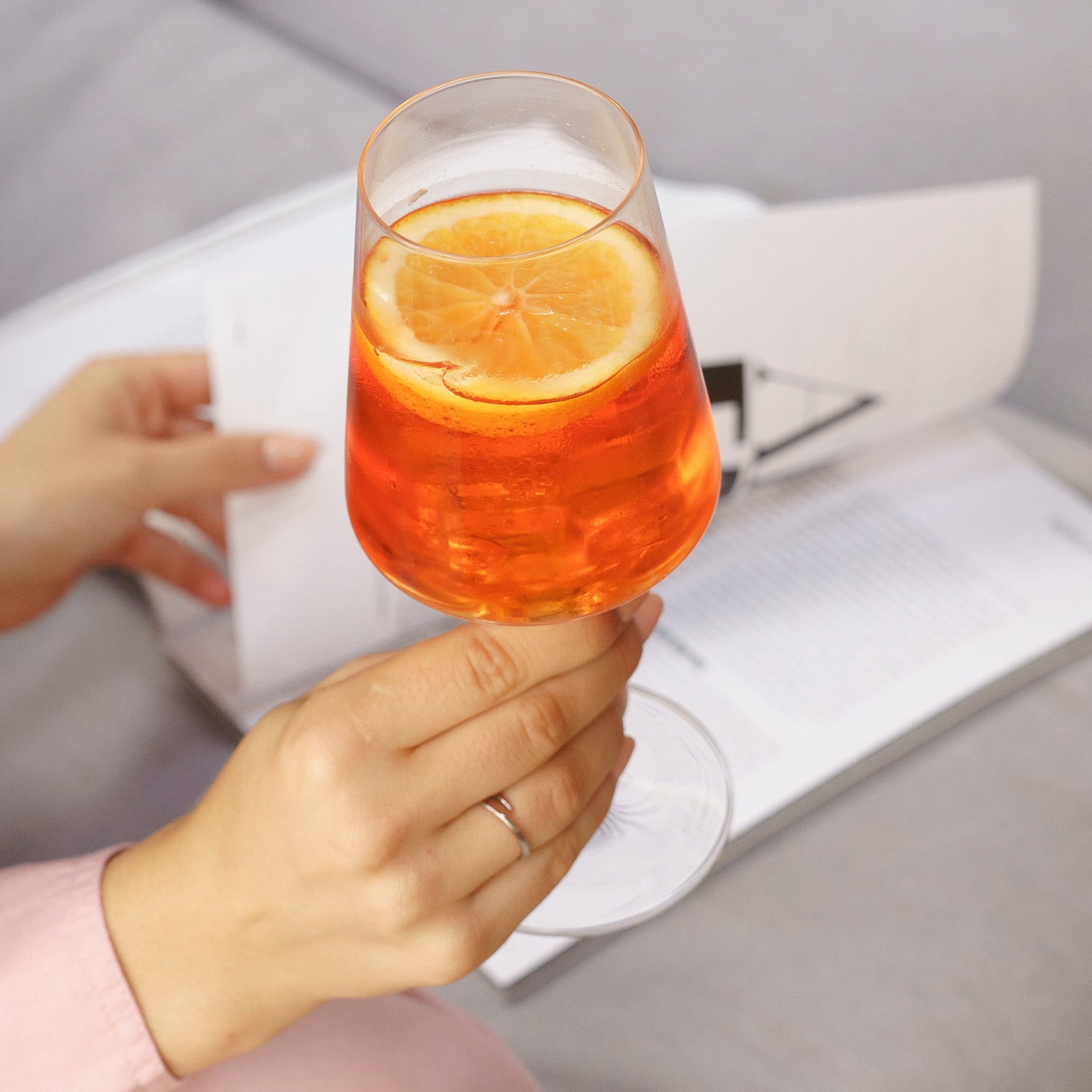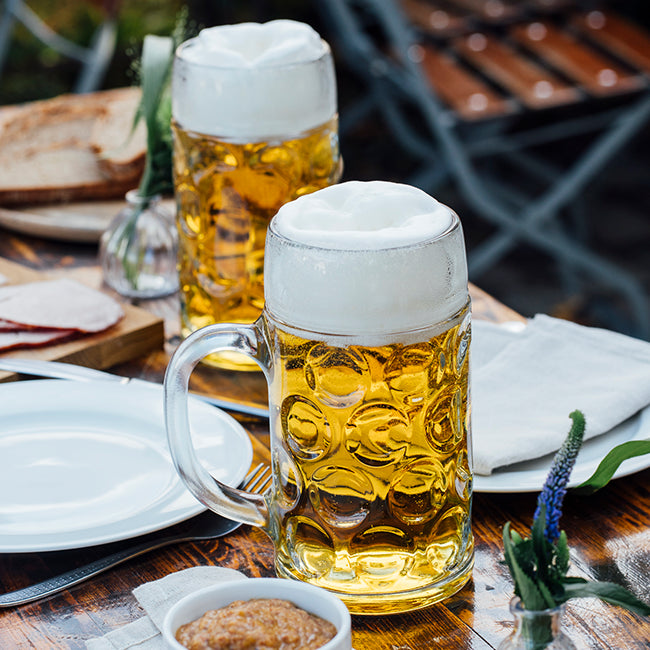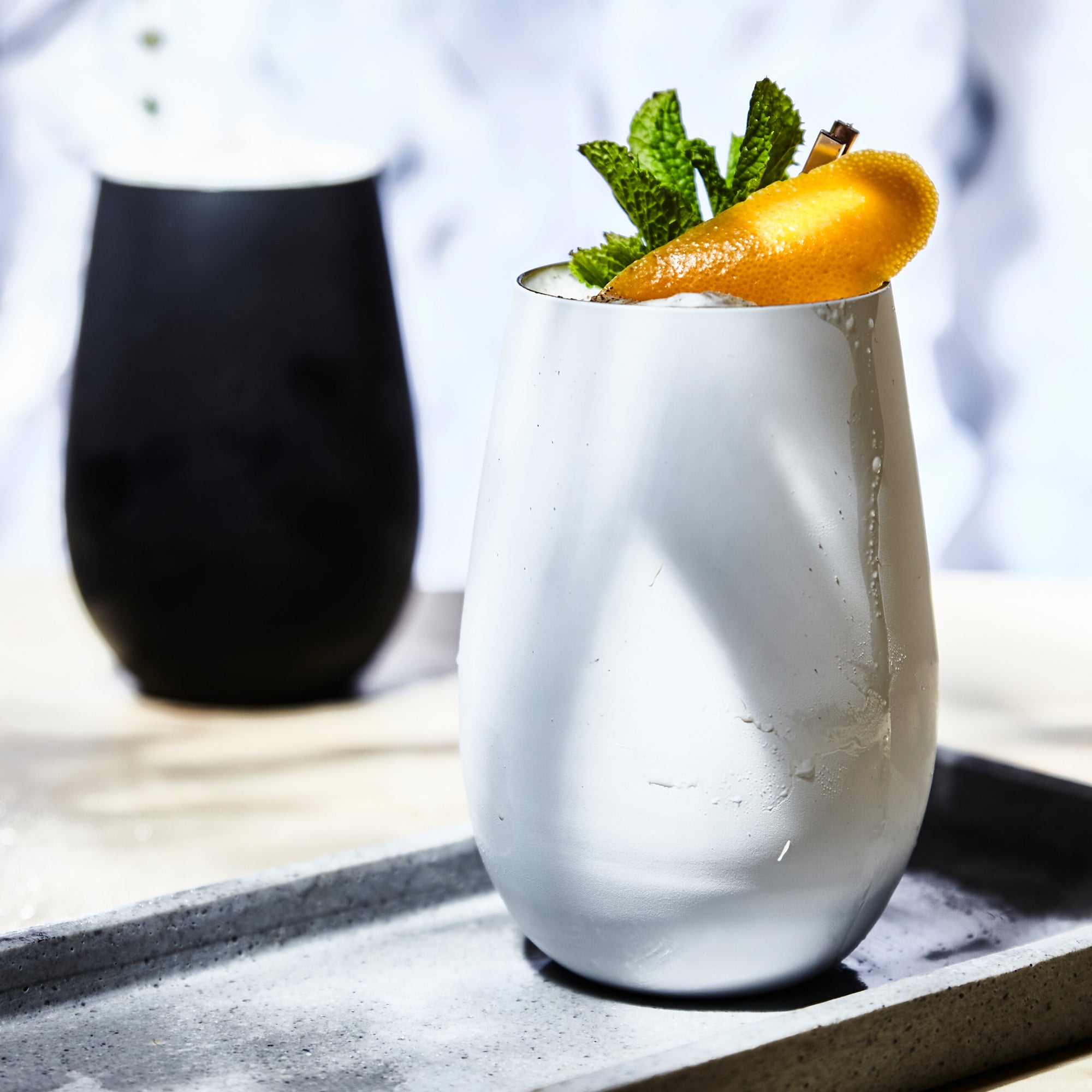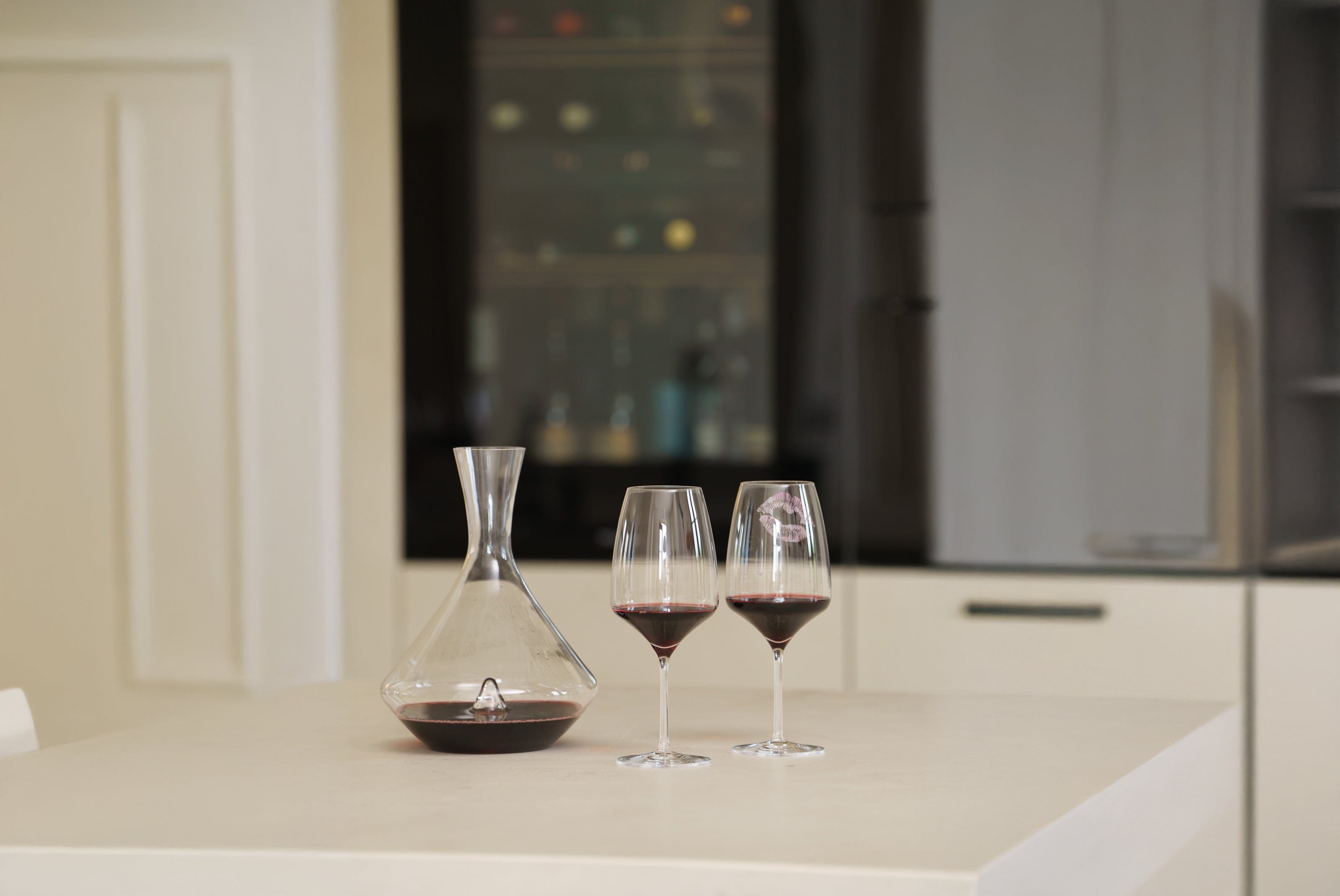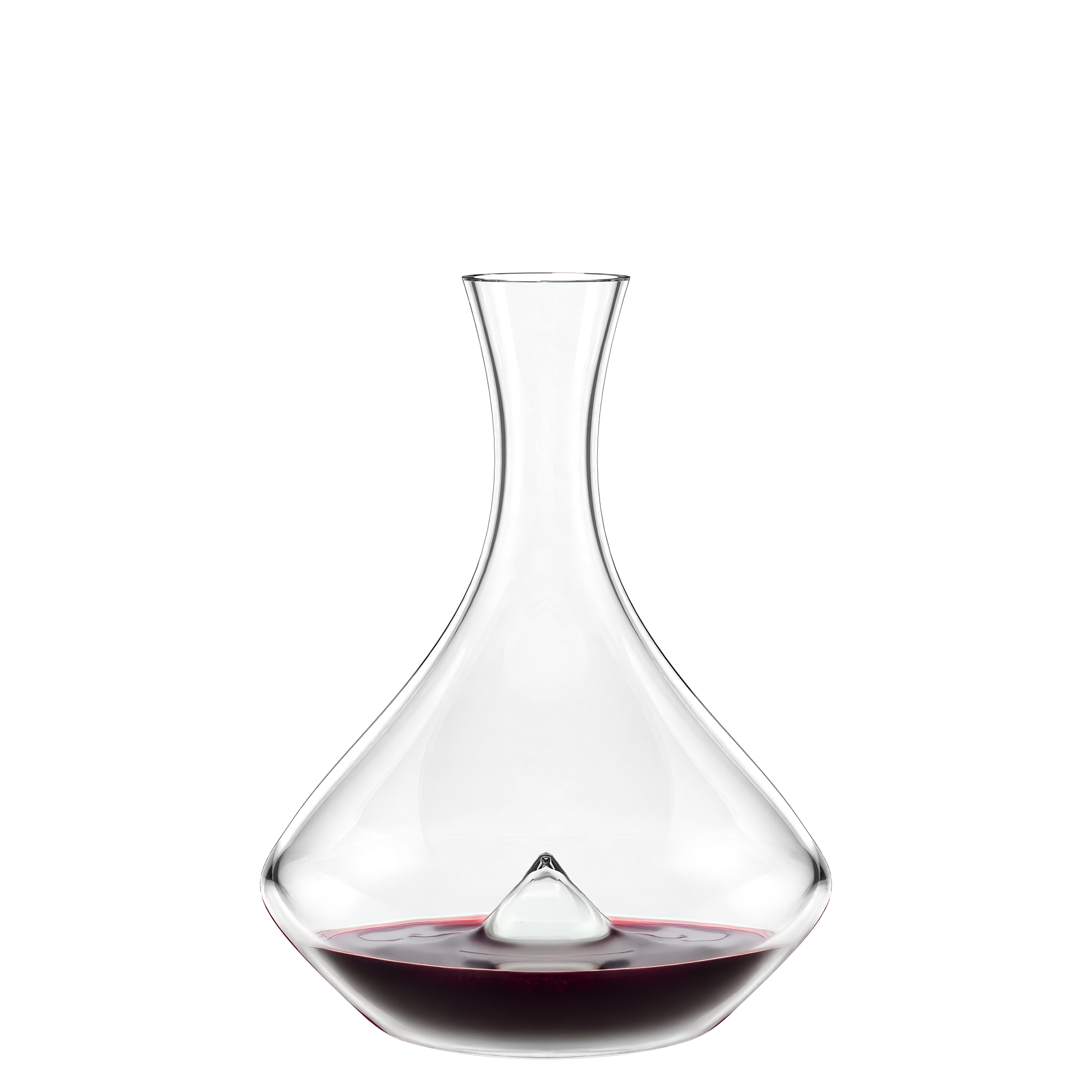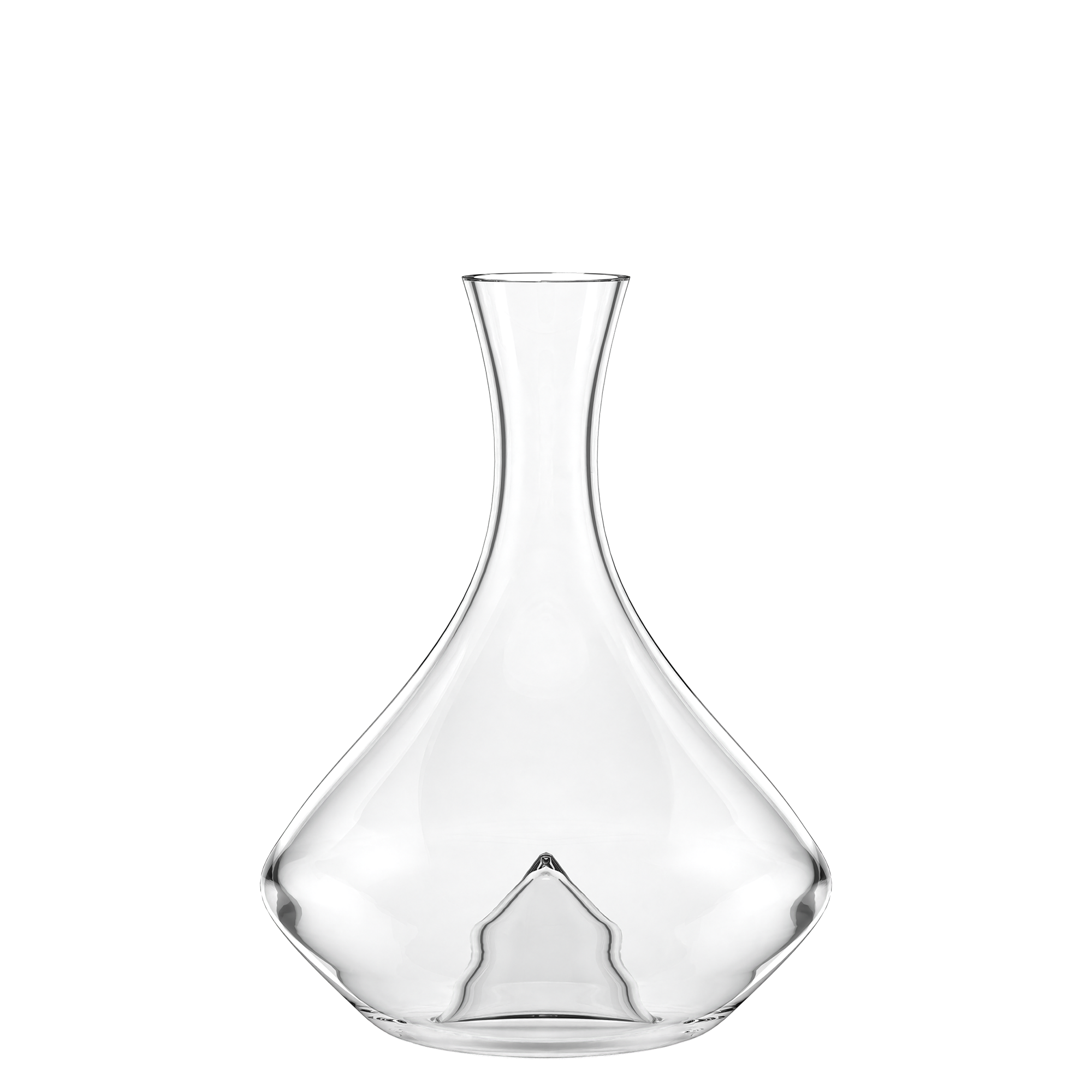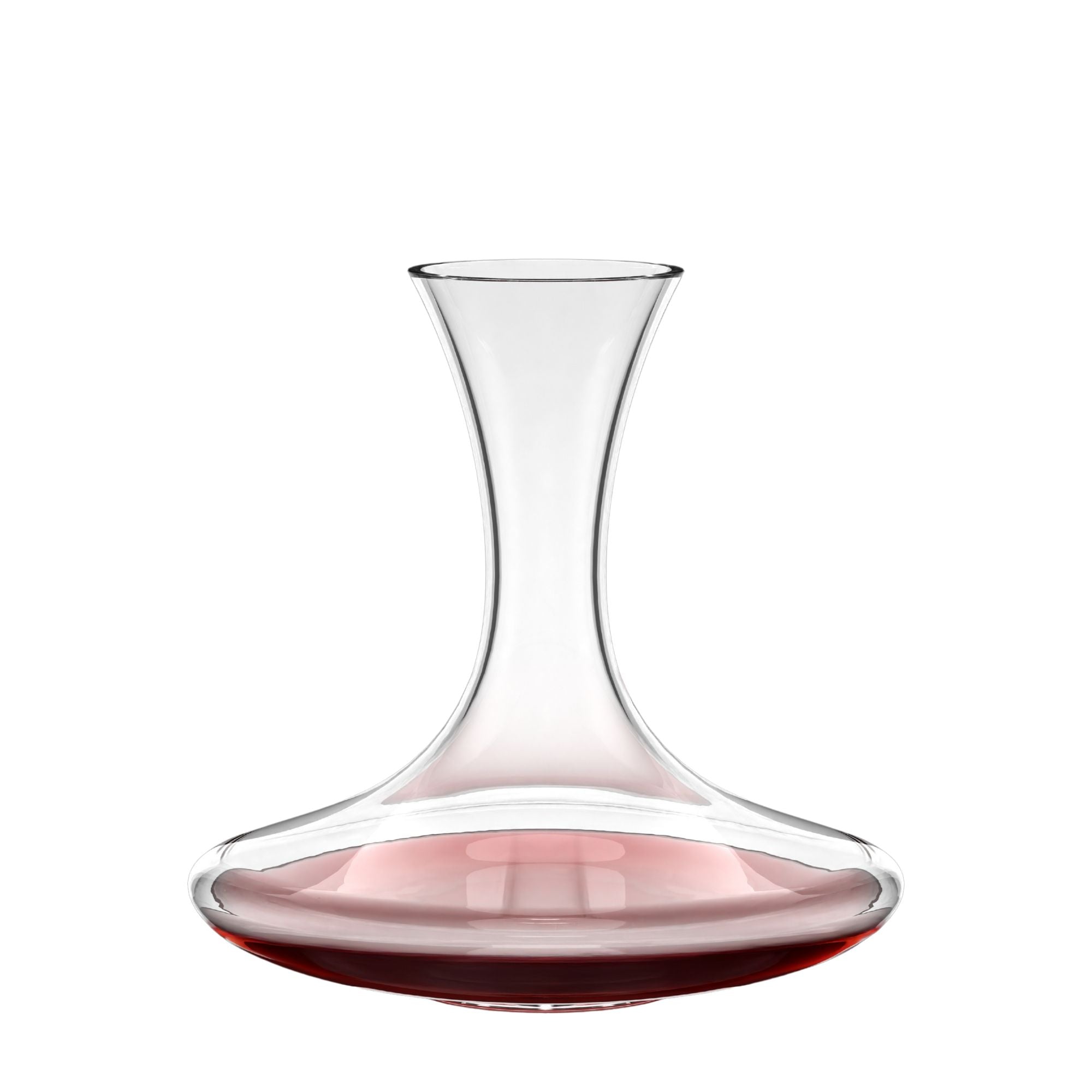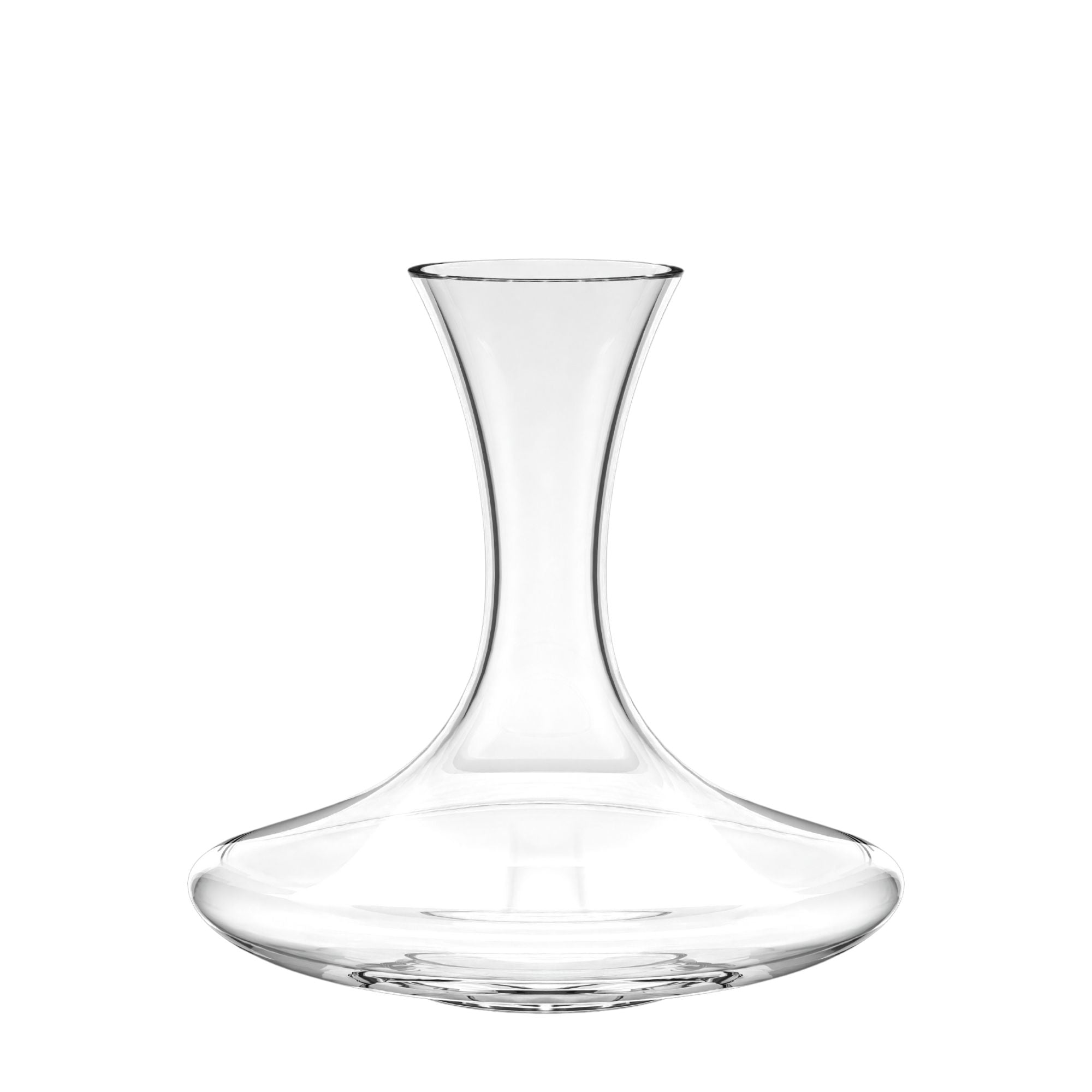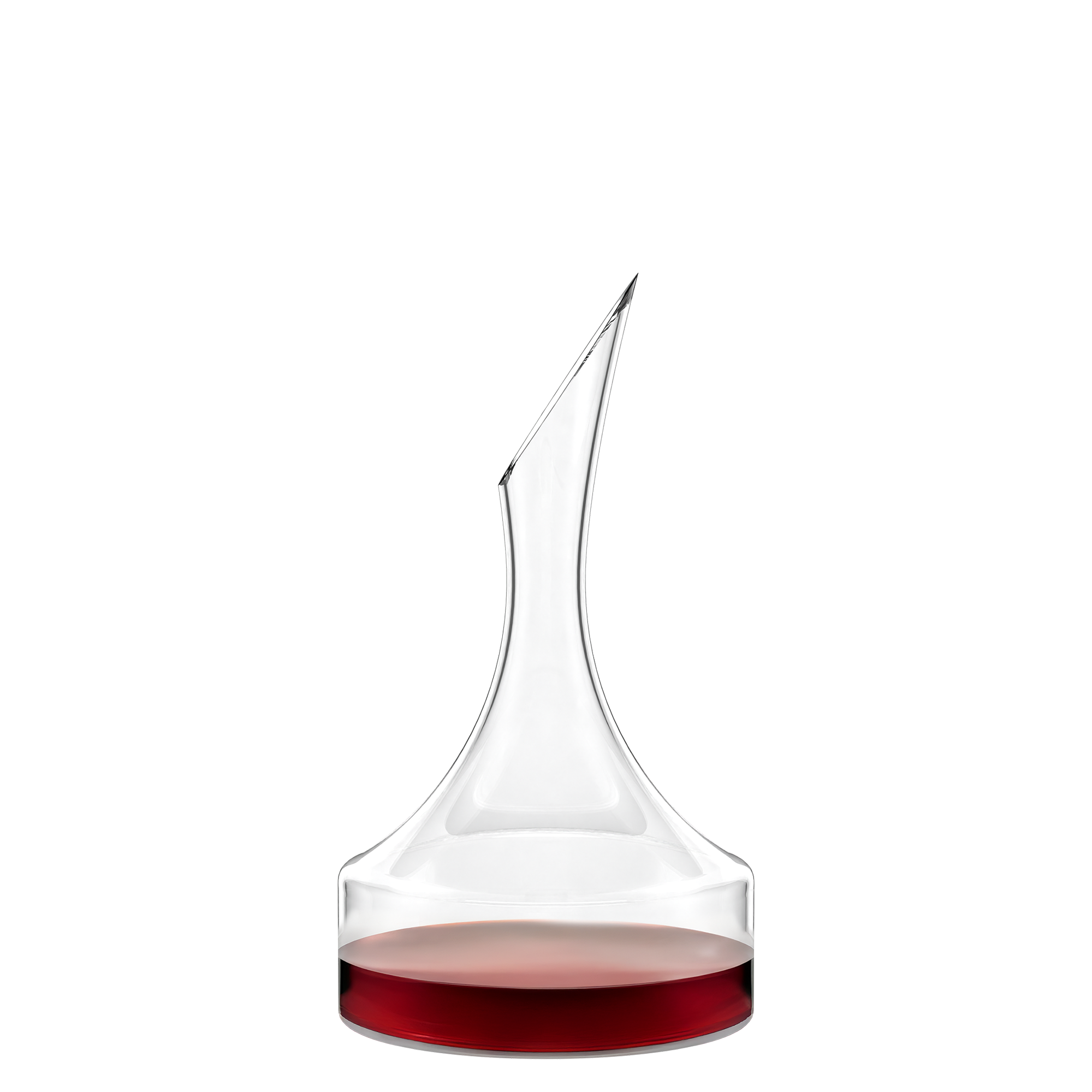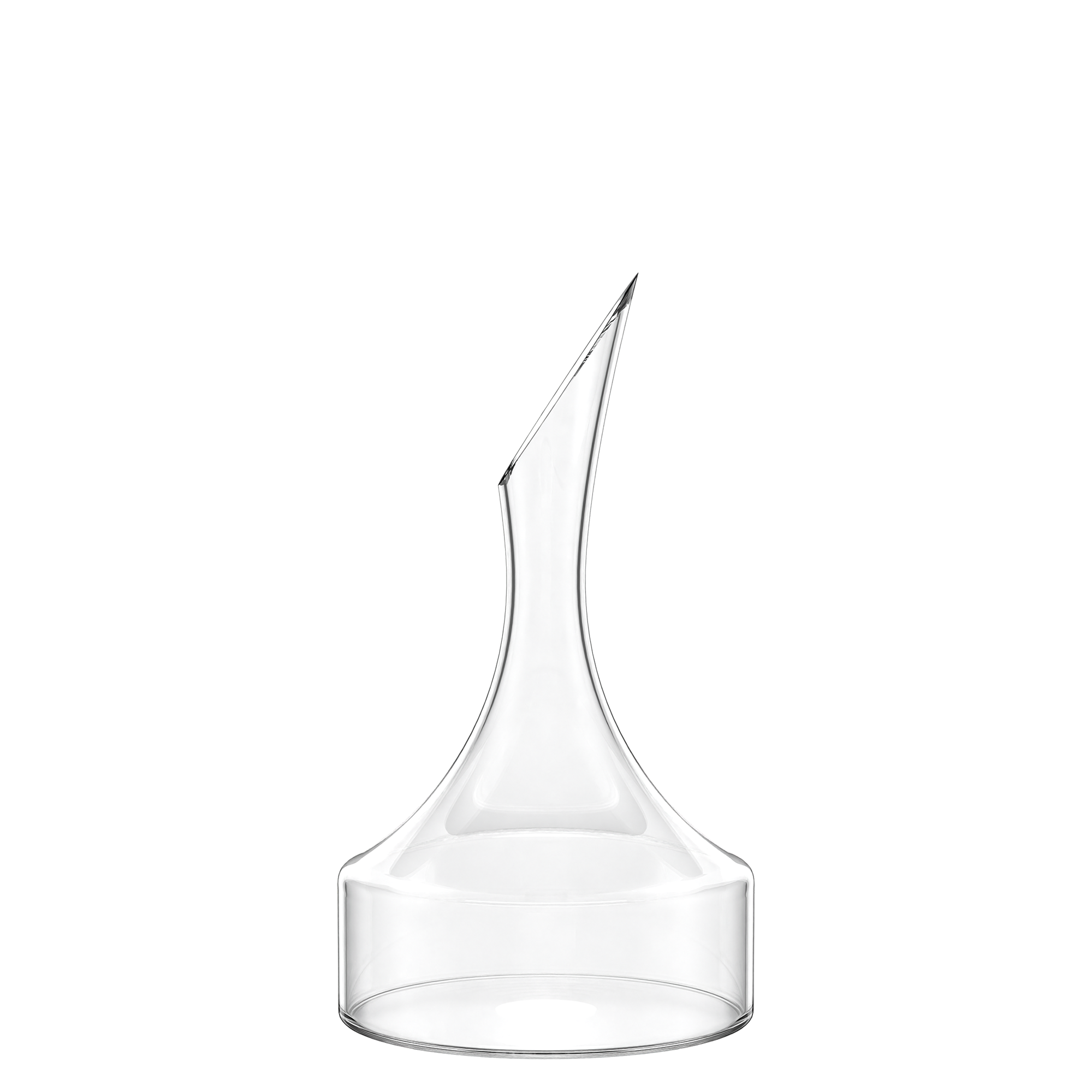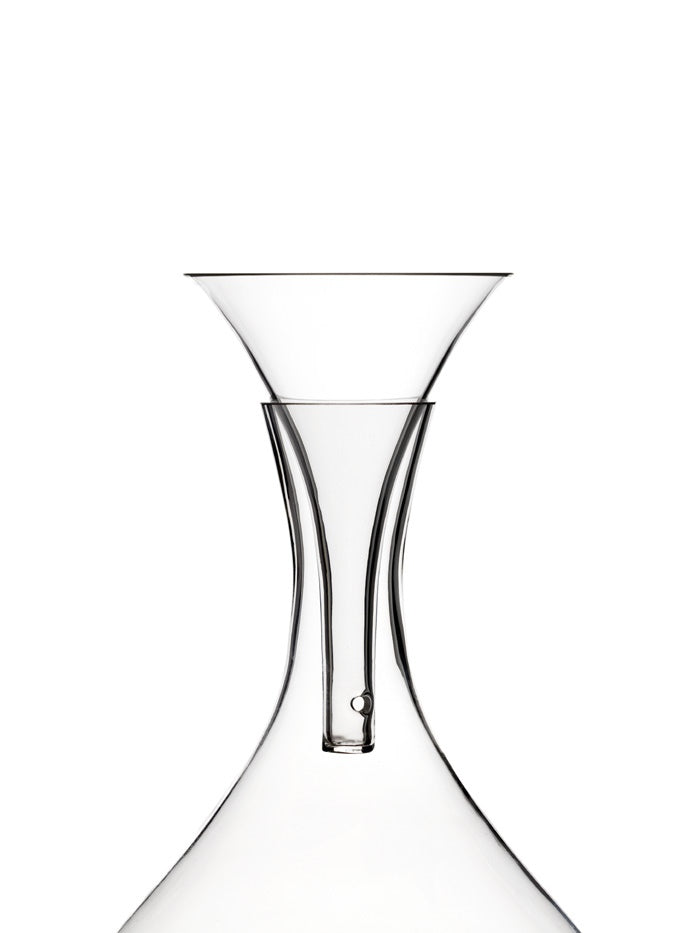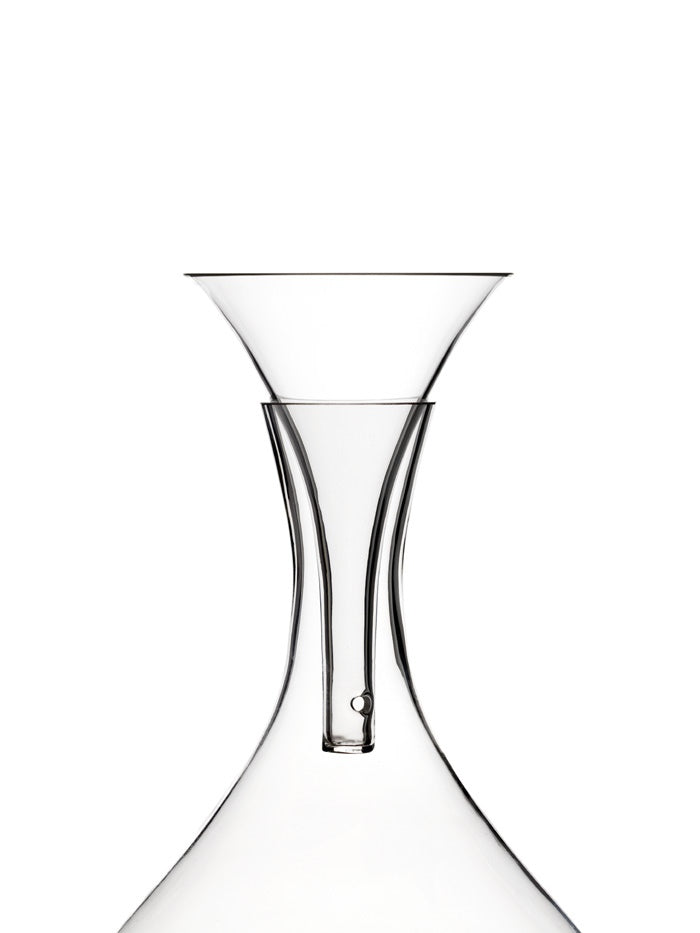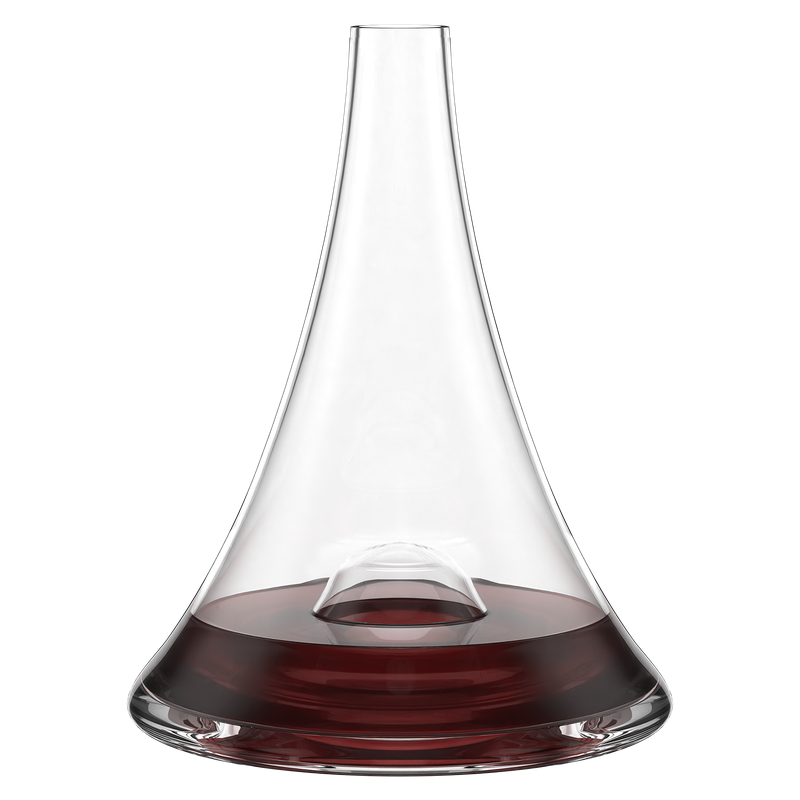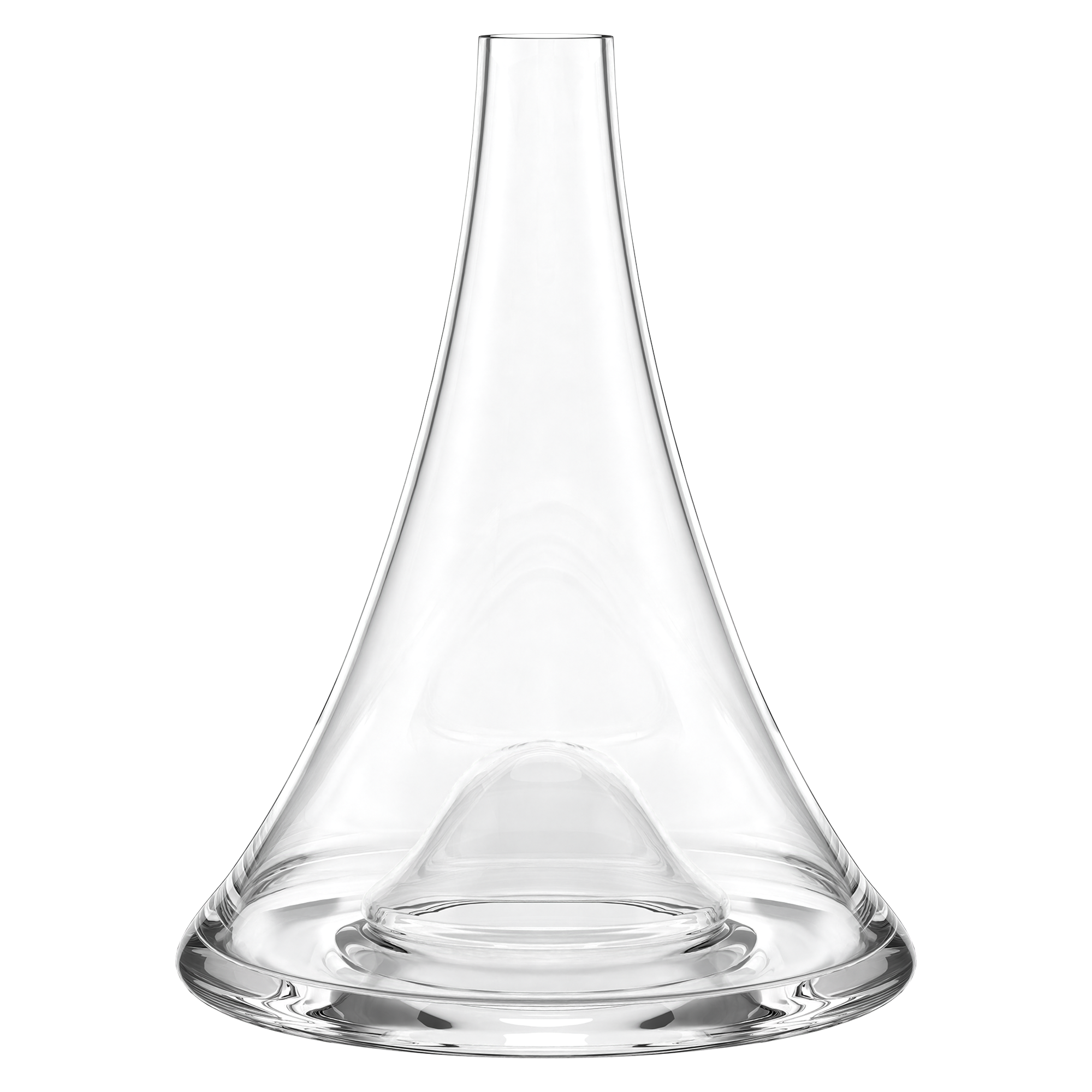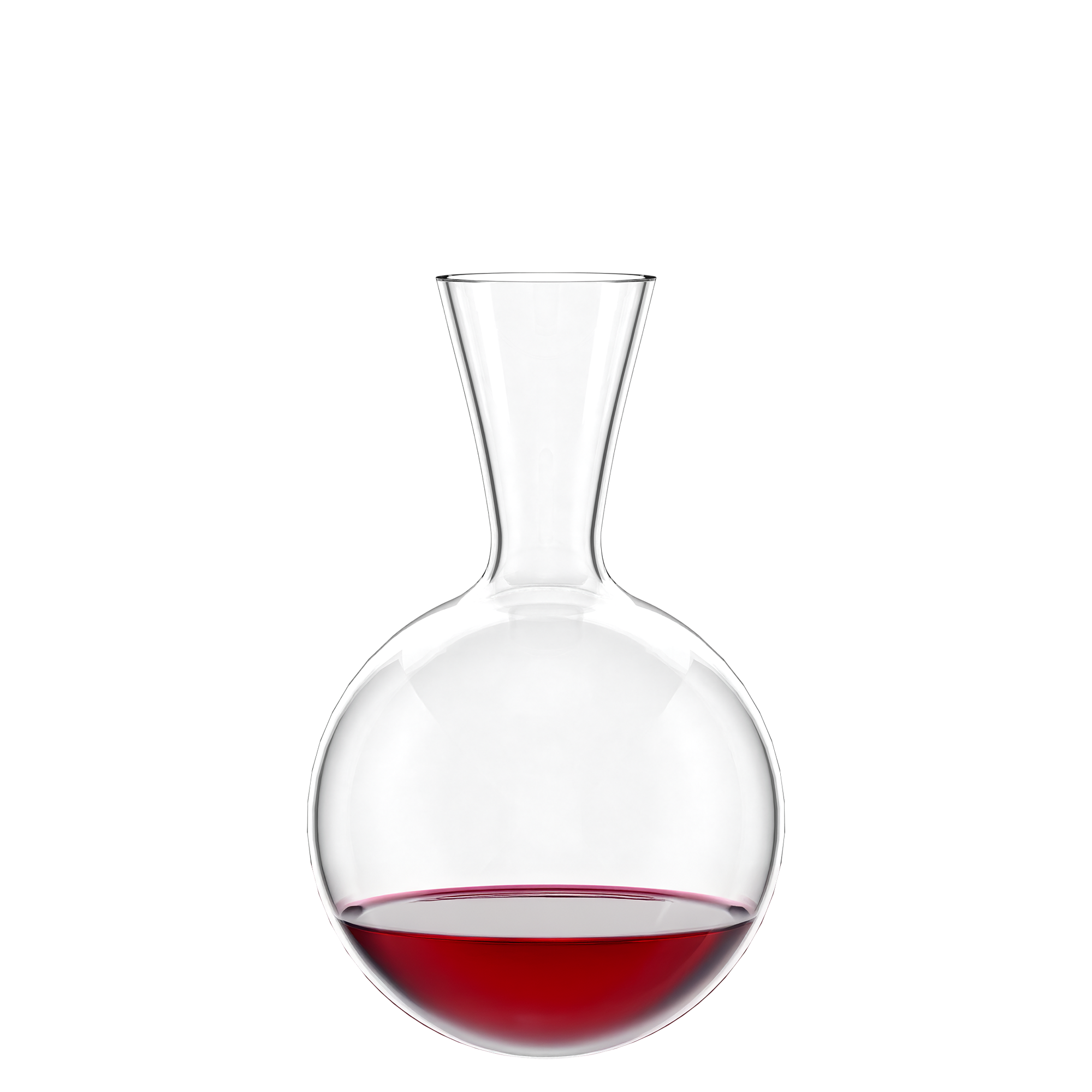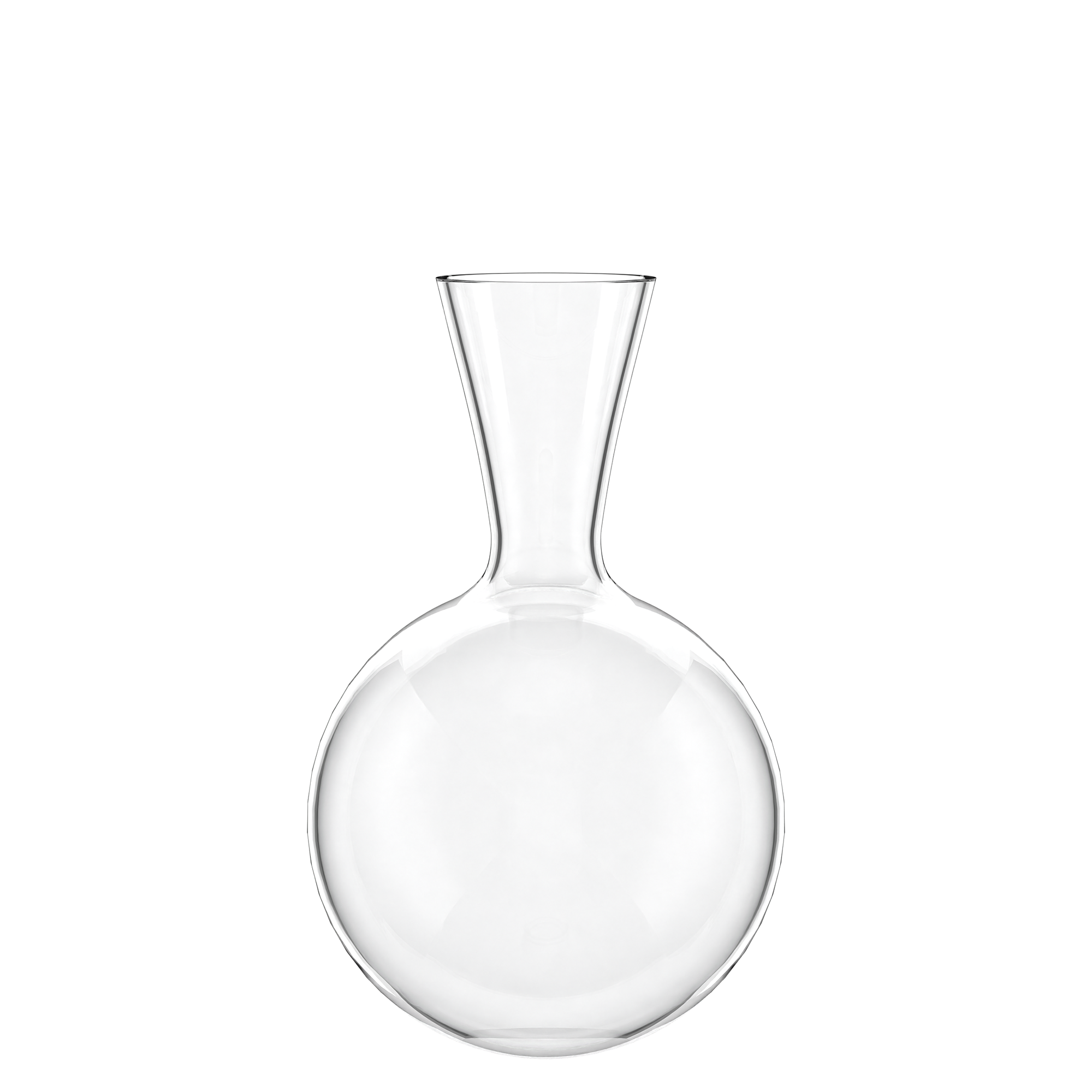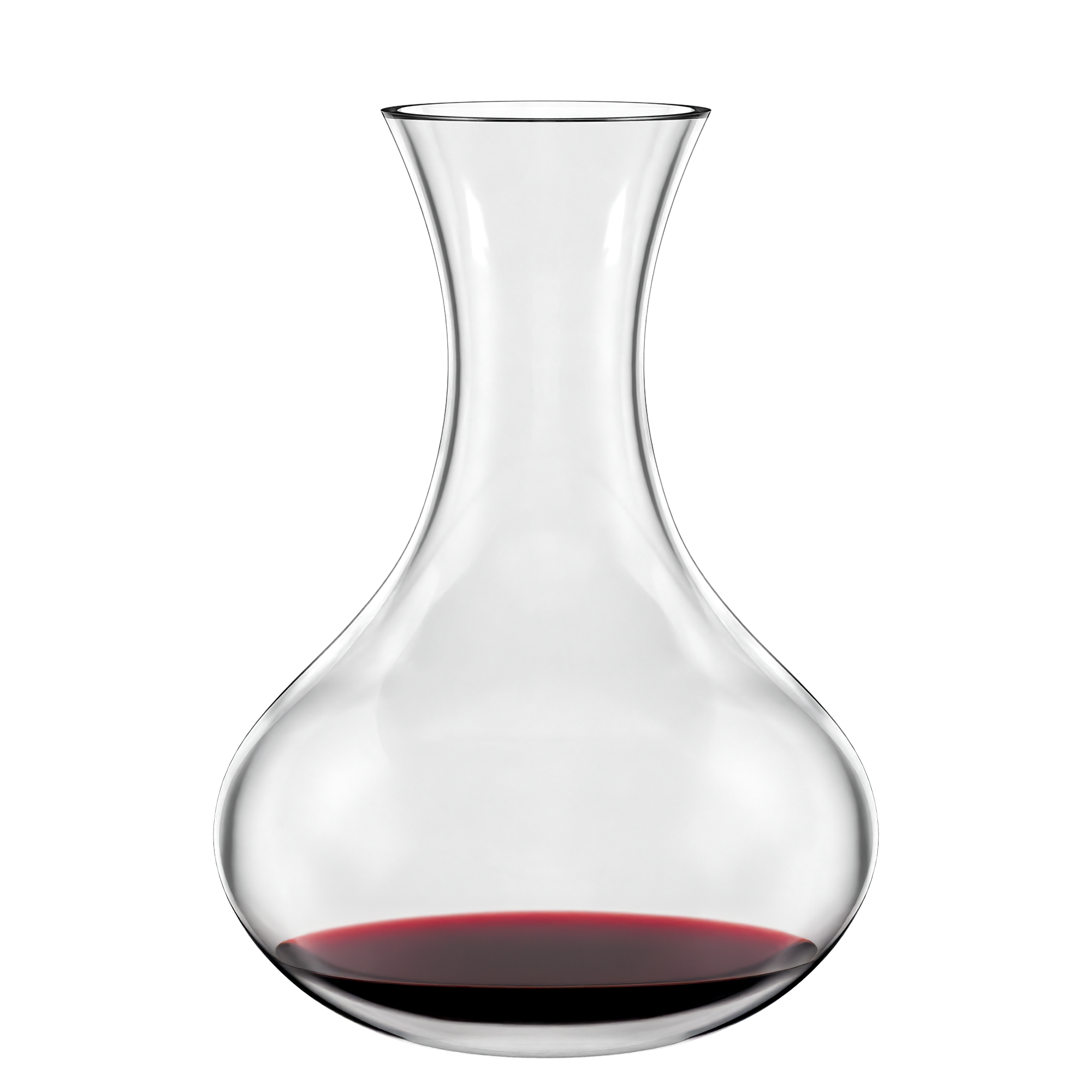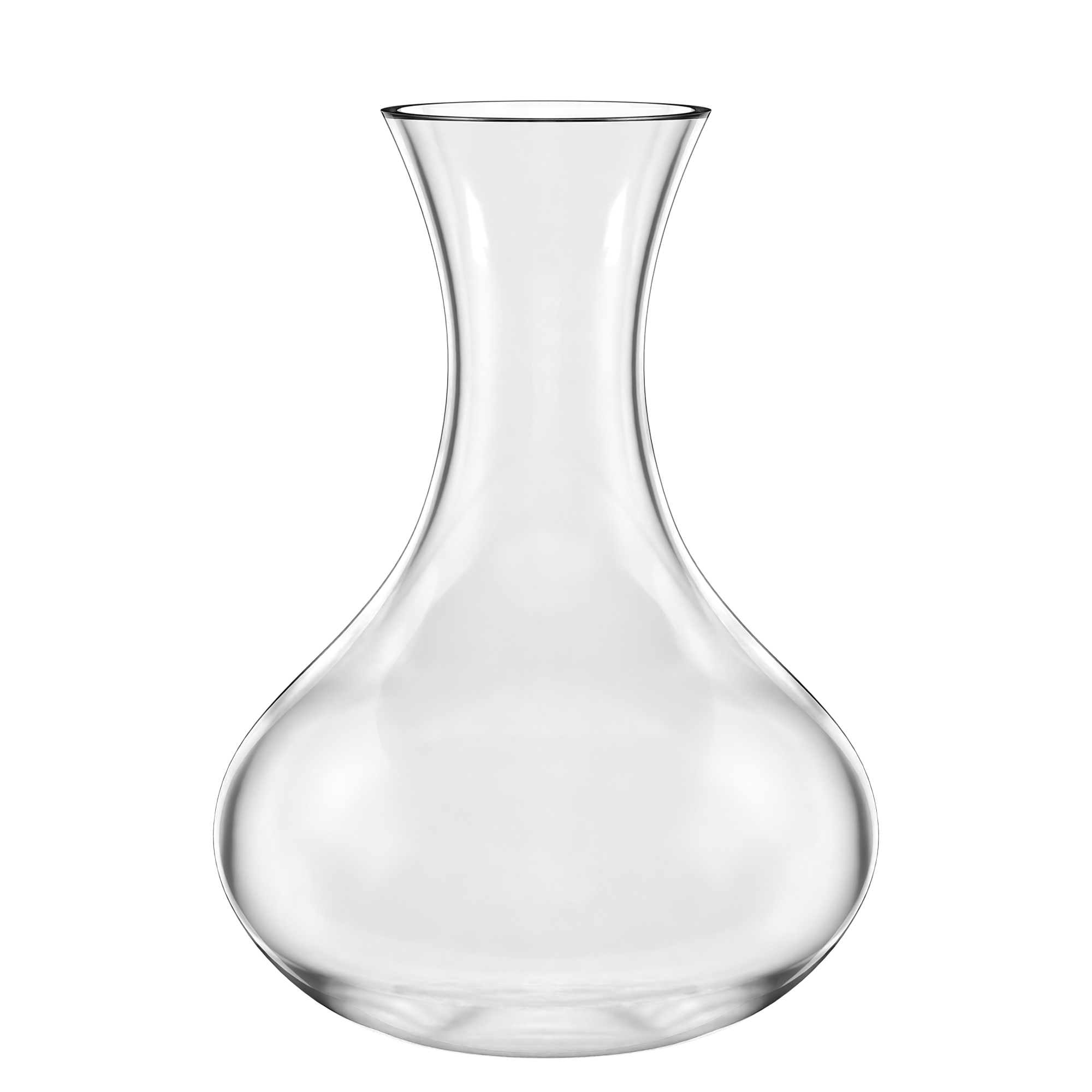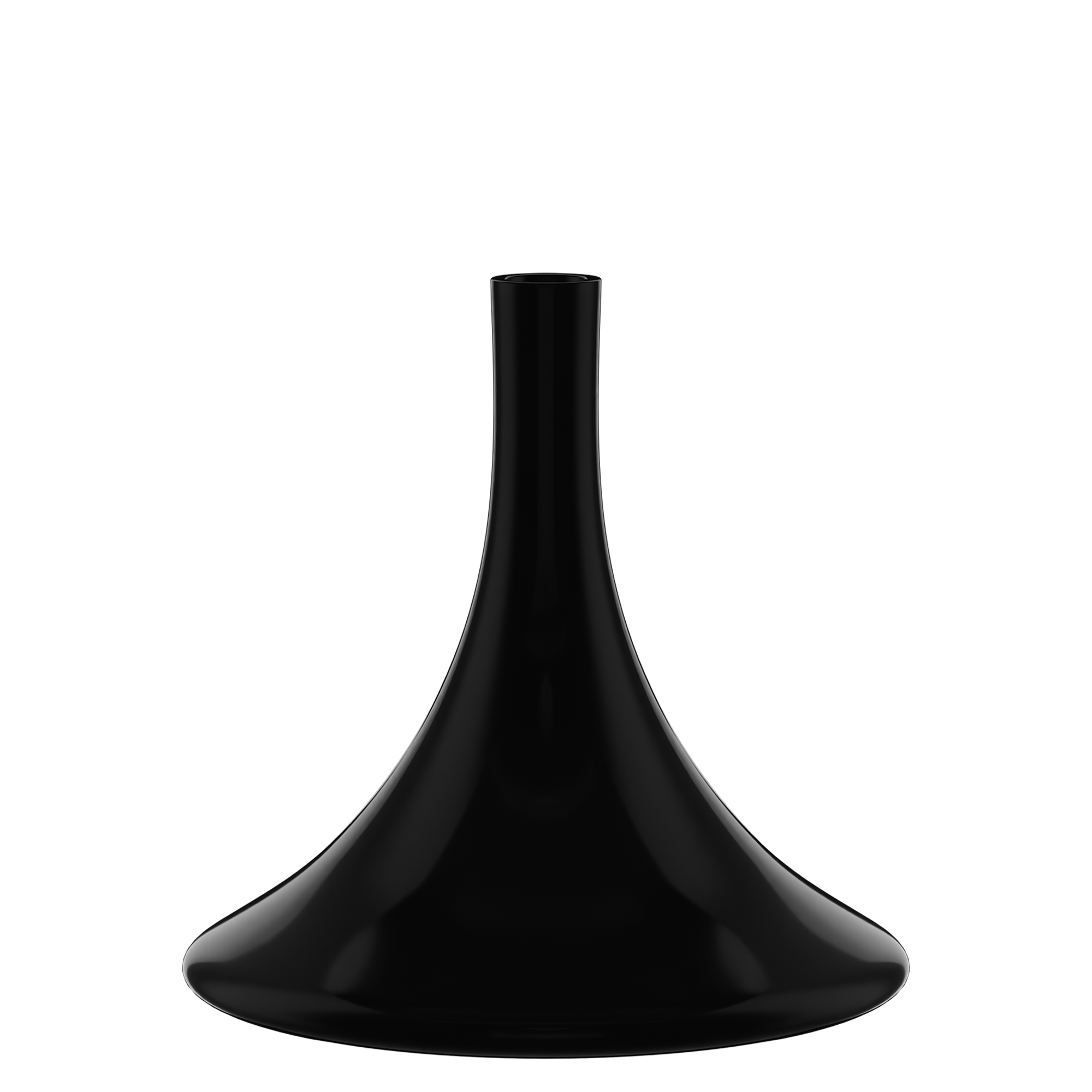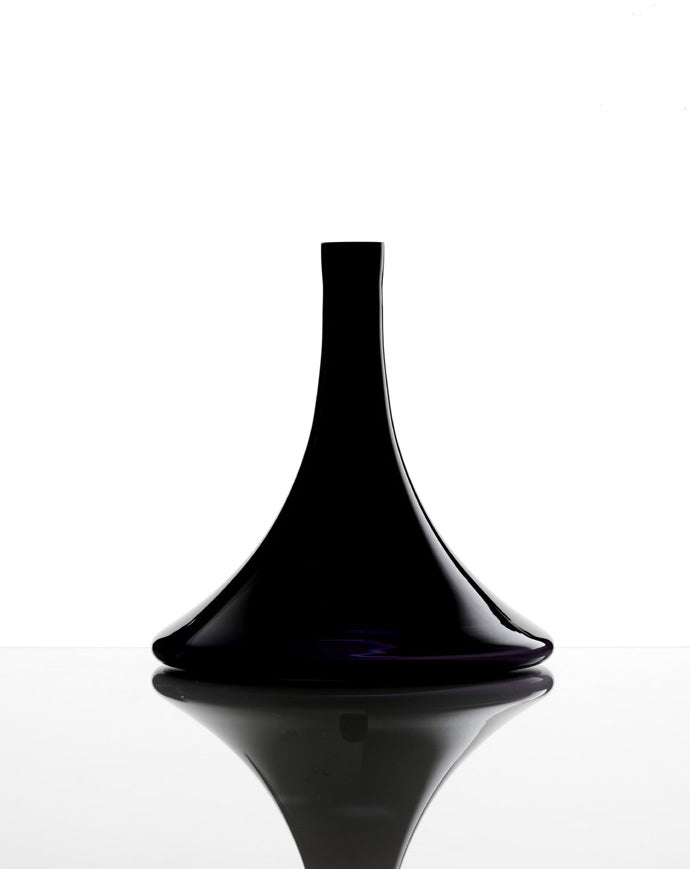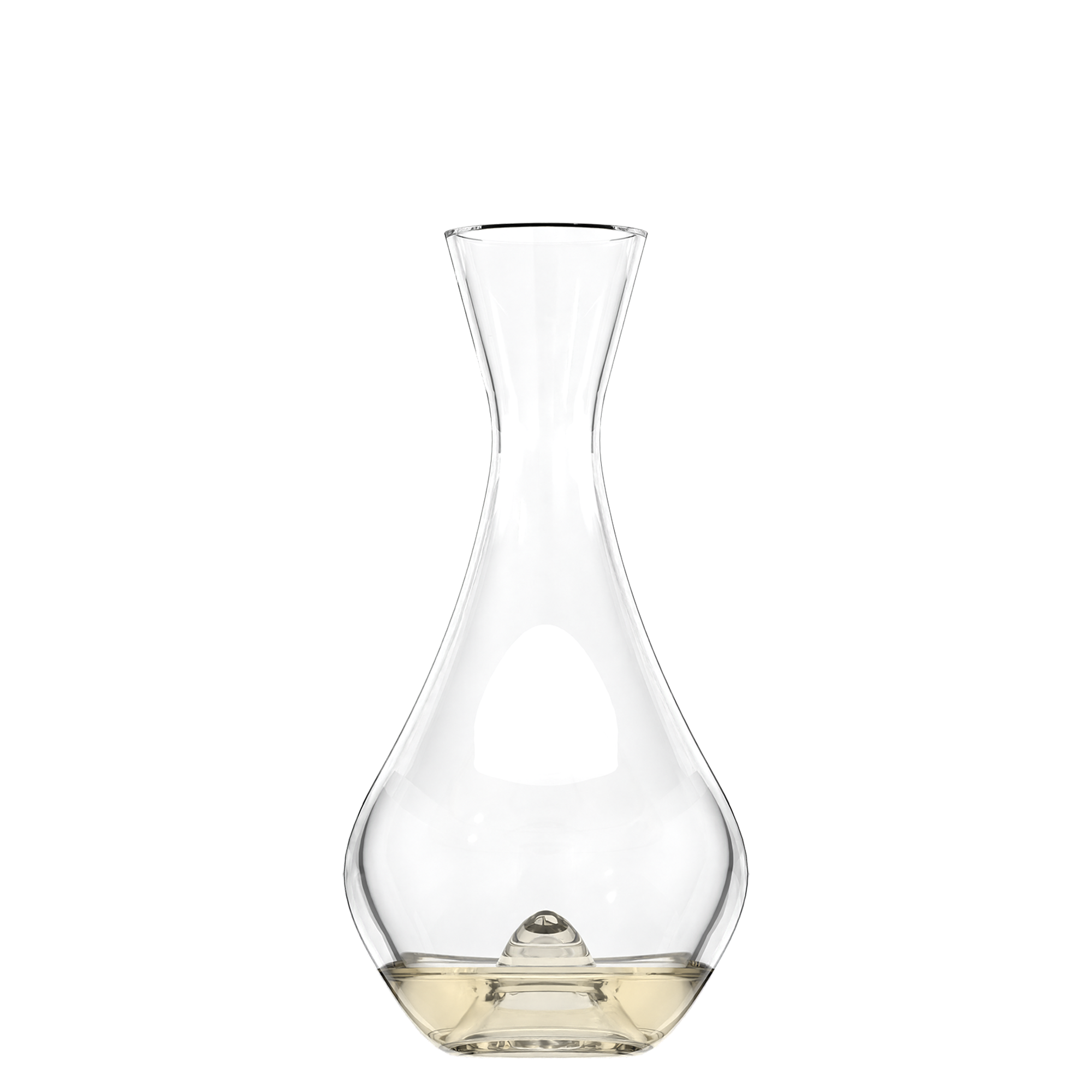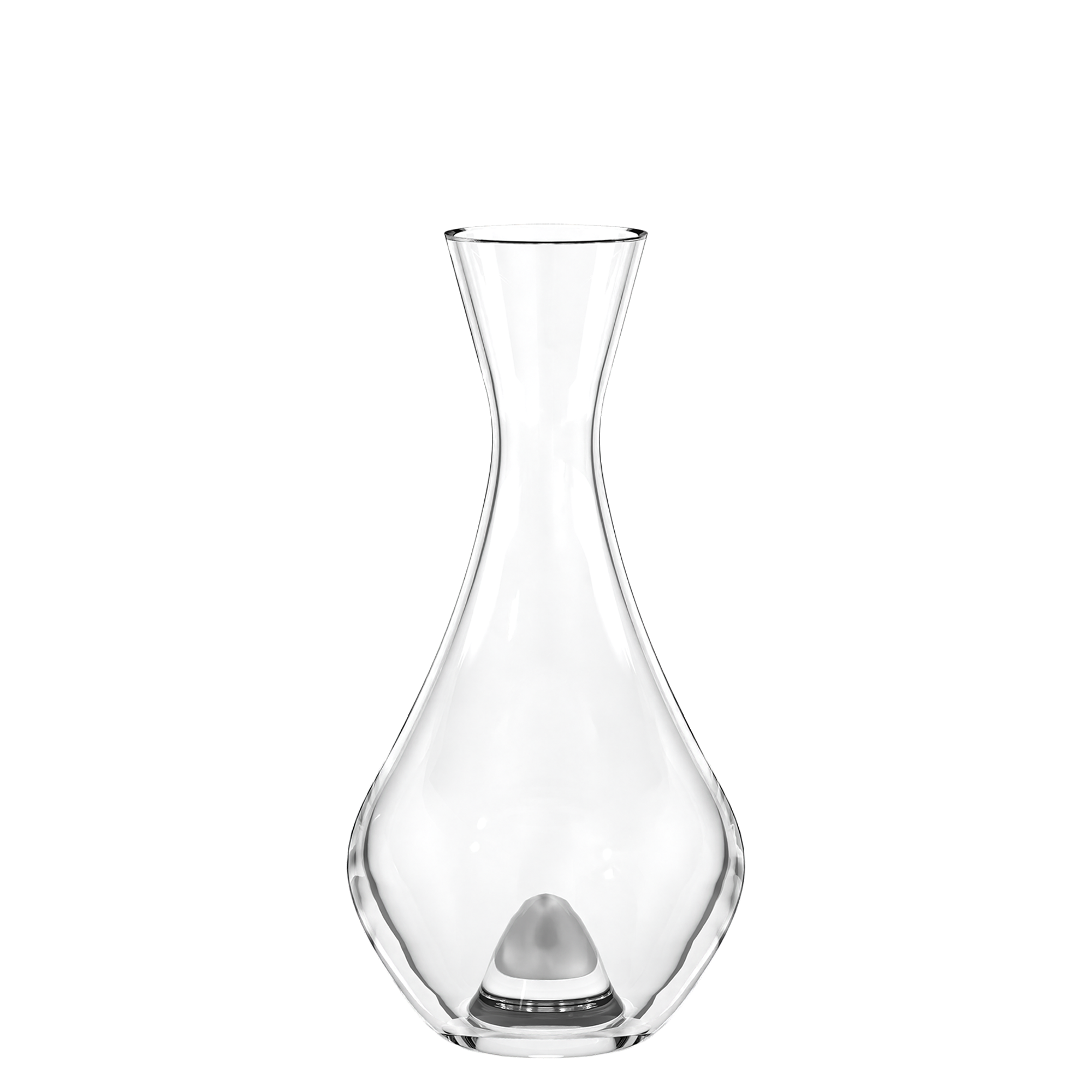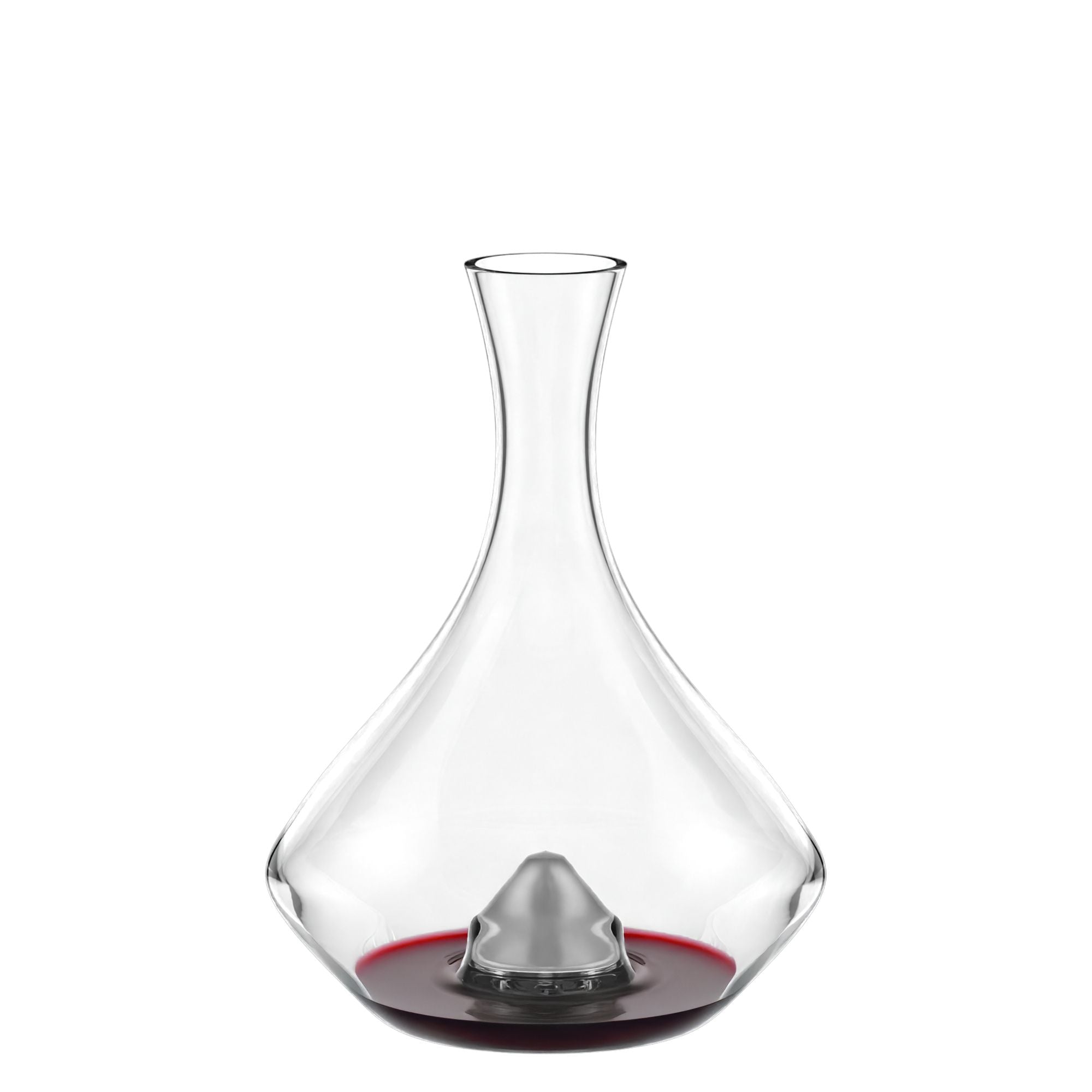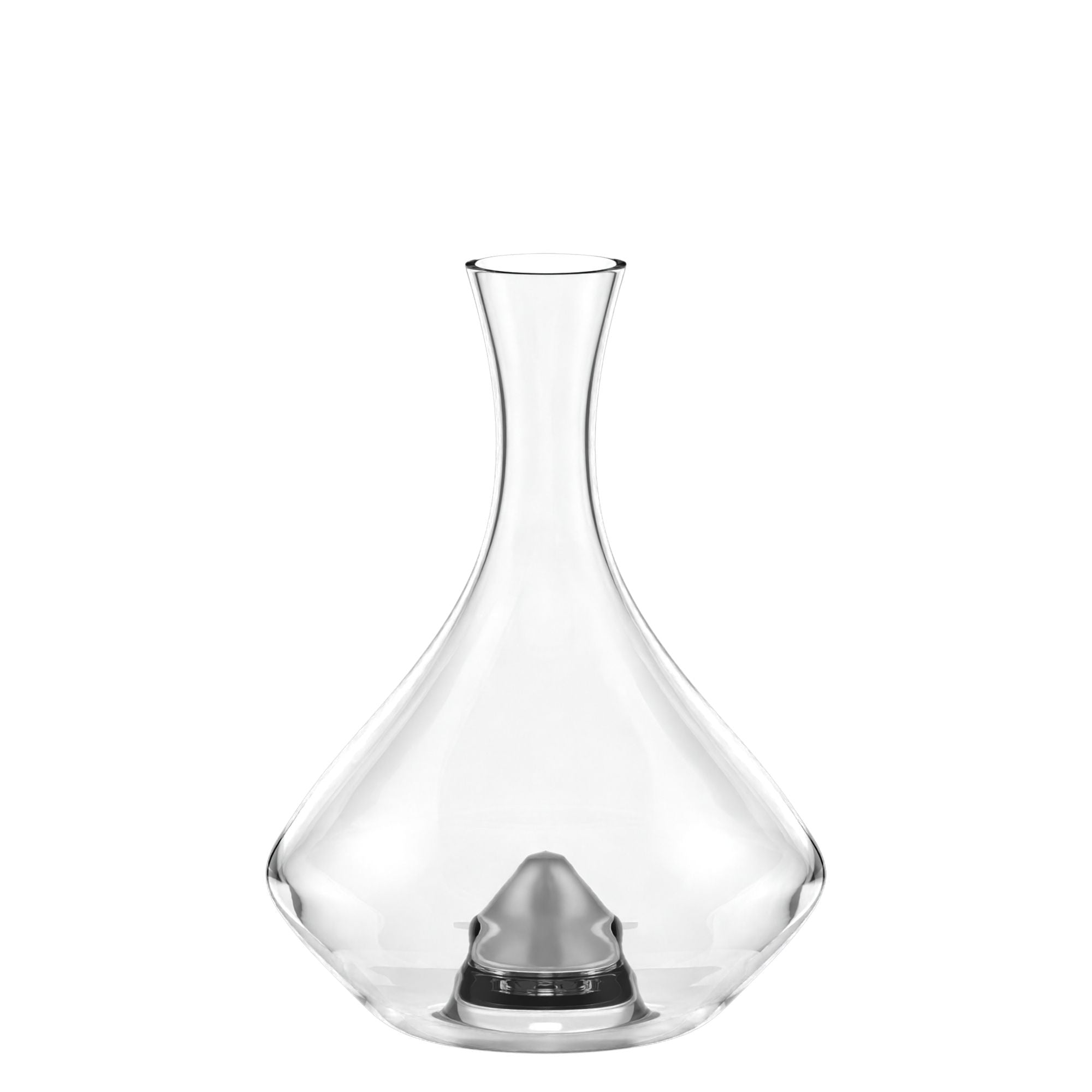Cleaning of glasses
Glasses should always be treated with great care. The majority of the Stölzle Lausitz Glasses is according to the DIN EN 12875-1: 2005-08 Suitable for use in the dishwasher and can survive up to 500 rinsing cycles in the right conditions without affecting the shine or clarity.
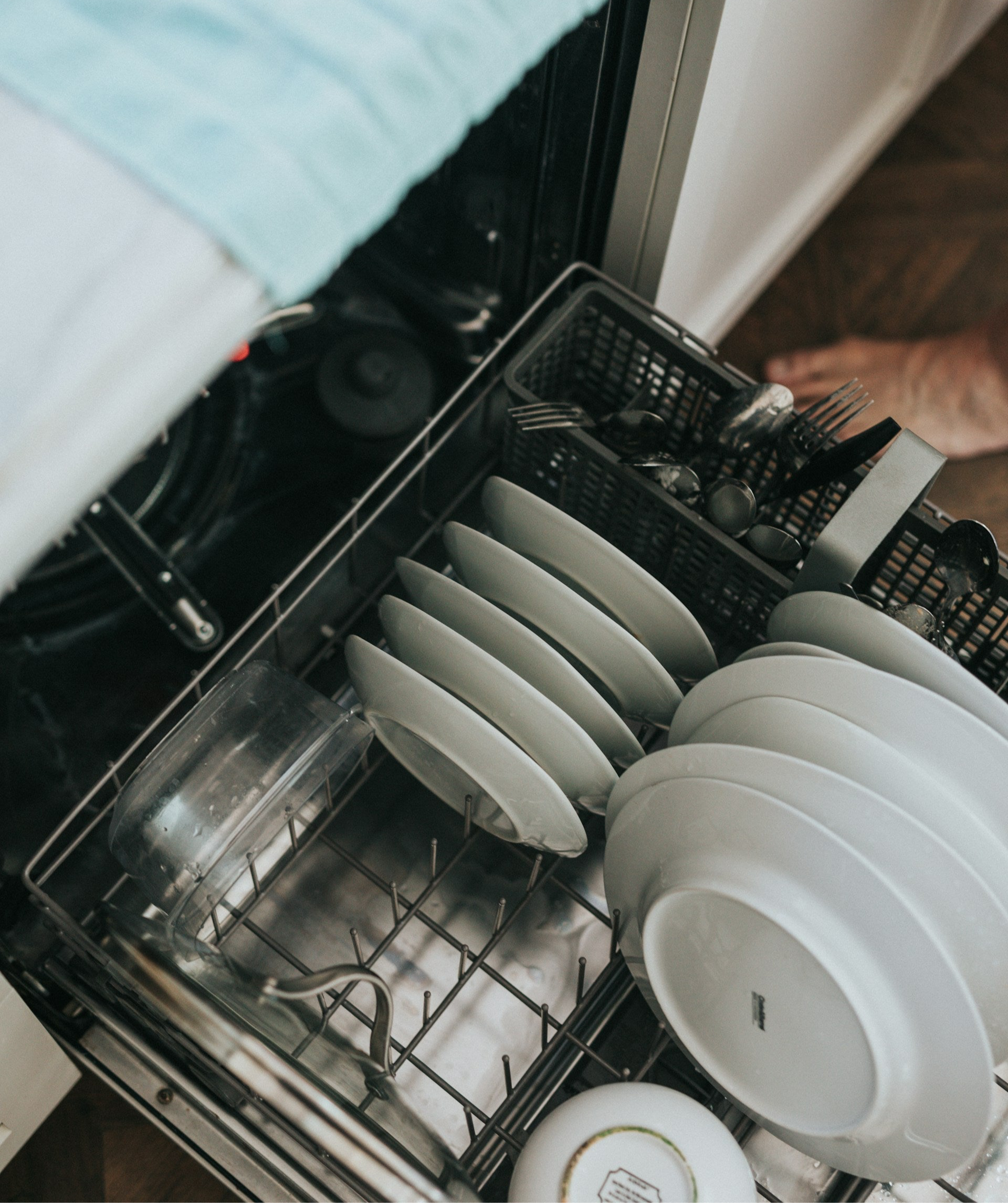
Important information on loading the dishwasher
Make sure that when the glasses are placed in the dishwasher, there is a sufficient distance between the glasses so that they do not touch each other or with other objects. If possible, place the glasses in the upper compartment of the dishwasher and use a glass holder if it is available. This protects the glasses from slipping during the rinsing process. Avoid any Contact Between the glasses and metal objects or other utensils to prevent damage.
For particularly high glasses that do not fit into the upper subject, they can be carefully granted into the lower compartment if your device has a special glass program. Otherwise they should be washed better by hand.
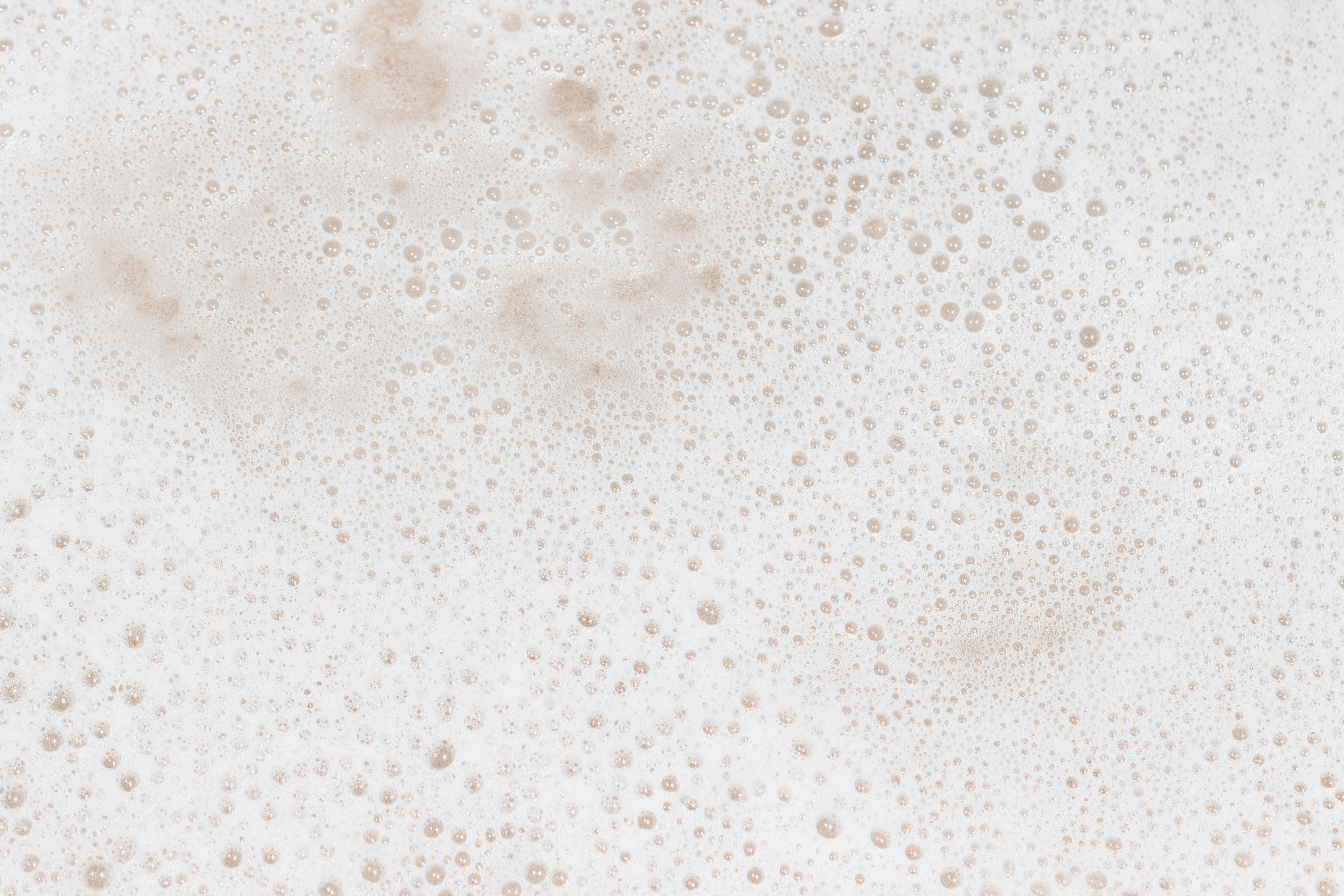
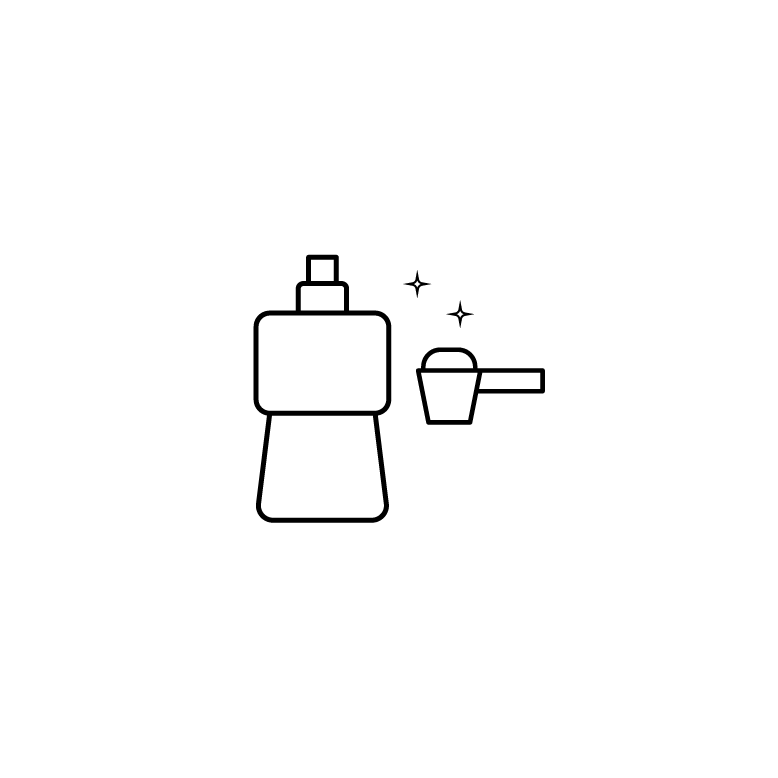
dosage
Make sure that the detergent and the rinse aid are dosed in accordance with the instructions to avoid overdose. Make sure that there is always enough rinse aisle in the device.
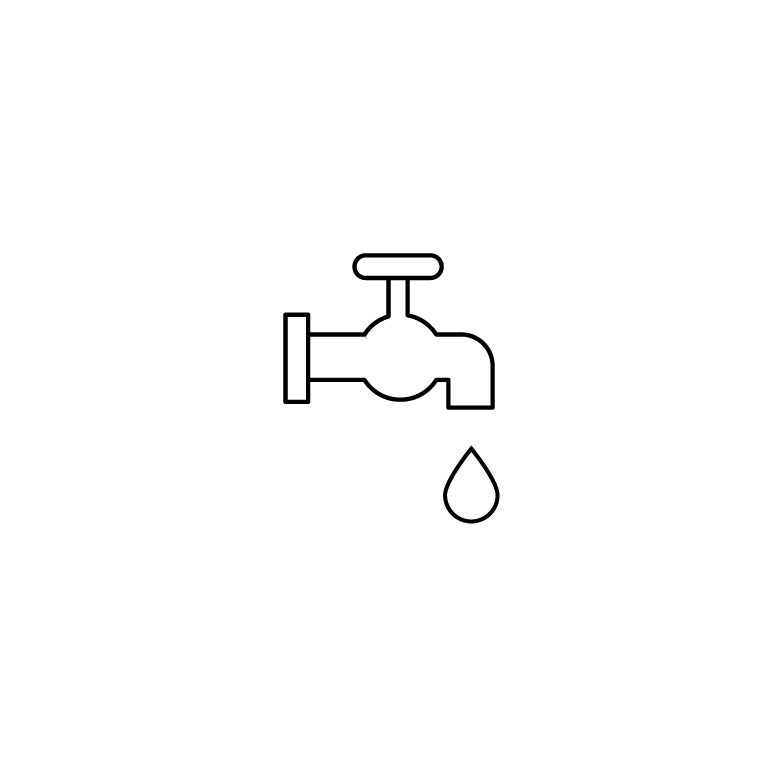
Water fermentation
The glass can attack too soft. Therefore, the water hardening system should be tailored to the water hardness in your household, ideally to a value of 3-4 ° dH (degree German hardness). Make sure that there is enough dishwasher salt.
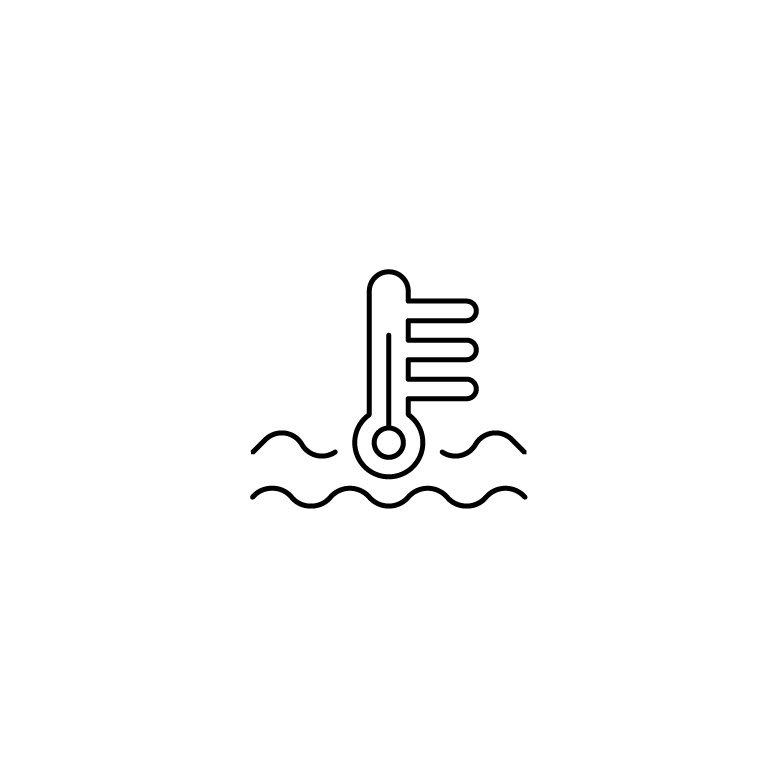
Temperature and program selection
Choose a special glass program (50-55 ° C) or, if available, a special glass program.
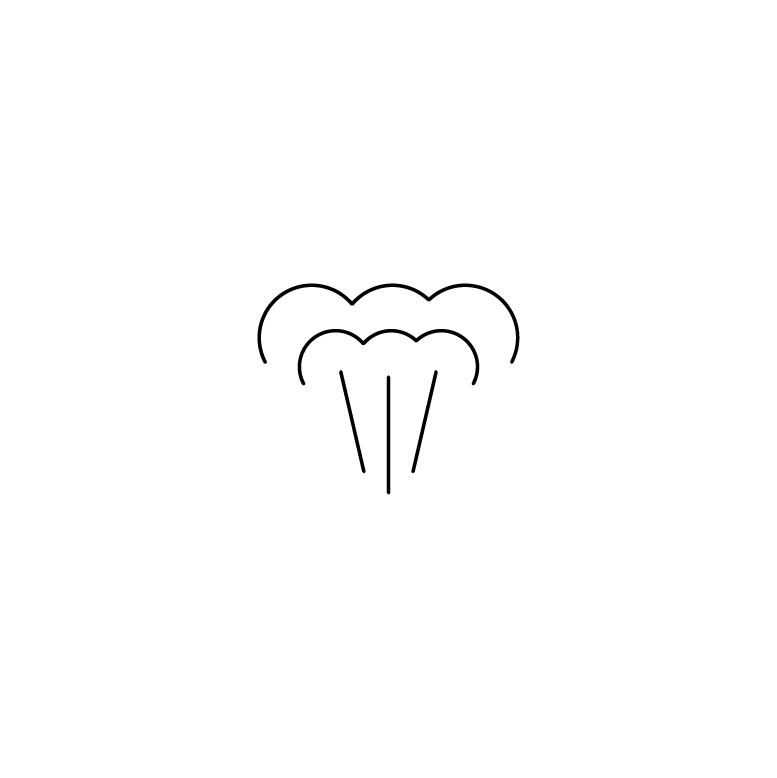
steam
After the rinsing process, open the door of the dishwasher to dissipate the escaping steam. This prevents the moisture from damaging the glass surface and favors glass corrosion.
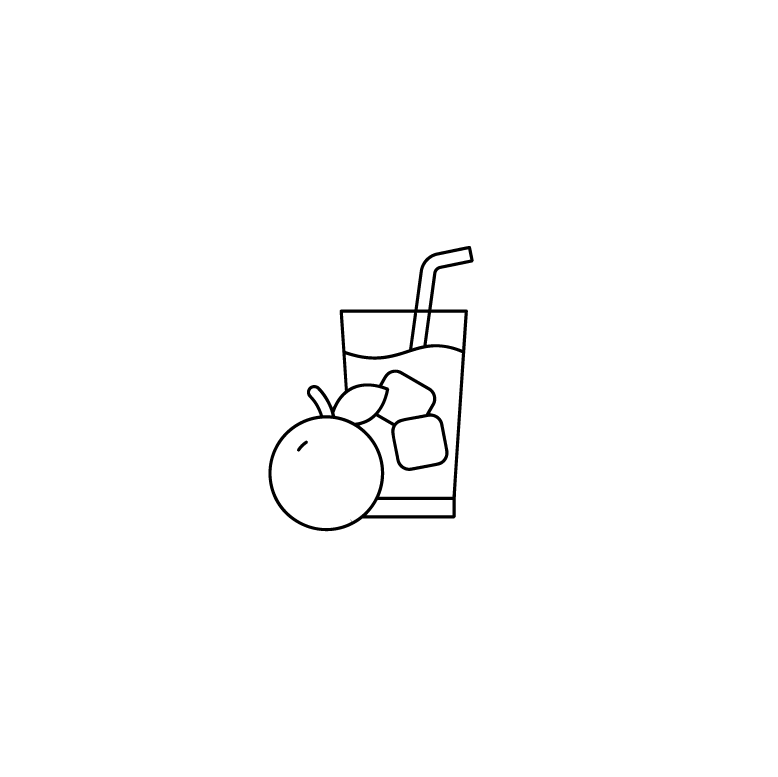
Leftover food and fruit juices
If the glasses are dirty with remains of food or fruit acid (e.g. by juice), it is advisable to clean them first before they come into the dishwasher. Particularly Red Wine leaves residues that can attack the glass if you stay on it for too long.
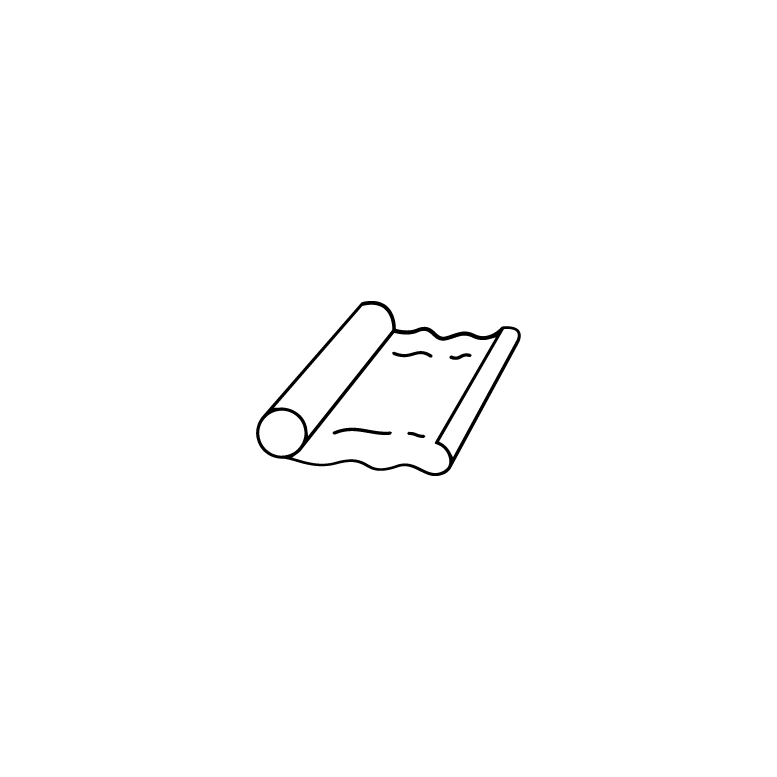
Avoiding aluminumContact
Never rinse glasses and aluminum objects (e.g. garlic presses or pots with aluminum handles), as this can lead to chemical reactions and rapid corrosion of the glass.
Microfiber cloths
For polishing, please use microfiber cloths to clean the surface gently and strip-free. Wash them at 60 ° C to kill germs. Use odor -neutral soap and do without fabric softener because it can leave a film on the glass surface. Microfiber towels should not be dried in the dryer.
Storage of the glasses
Do not store your glasses in cupboards in which strong smelling foods are kept. Glass can absorb these smells, which could affect the aroma of the wine.
Avoidance of glass creations
Clarity and shine of a glass are crucial, small damage immediately visible. Dulls often arise from lime or detergent residues that can be removed with citric acid or vinegar. Glass corrosion, on the other hand, leads to permanent WhiteE and is not reversible.
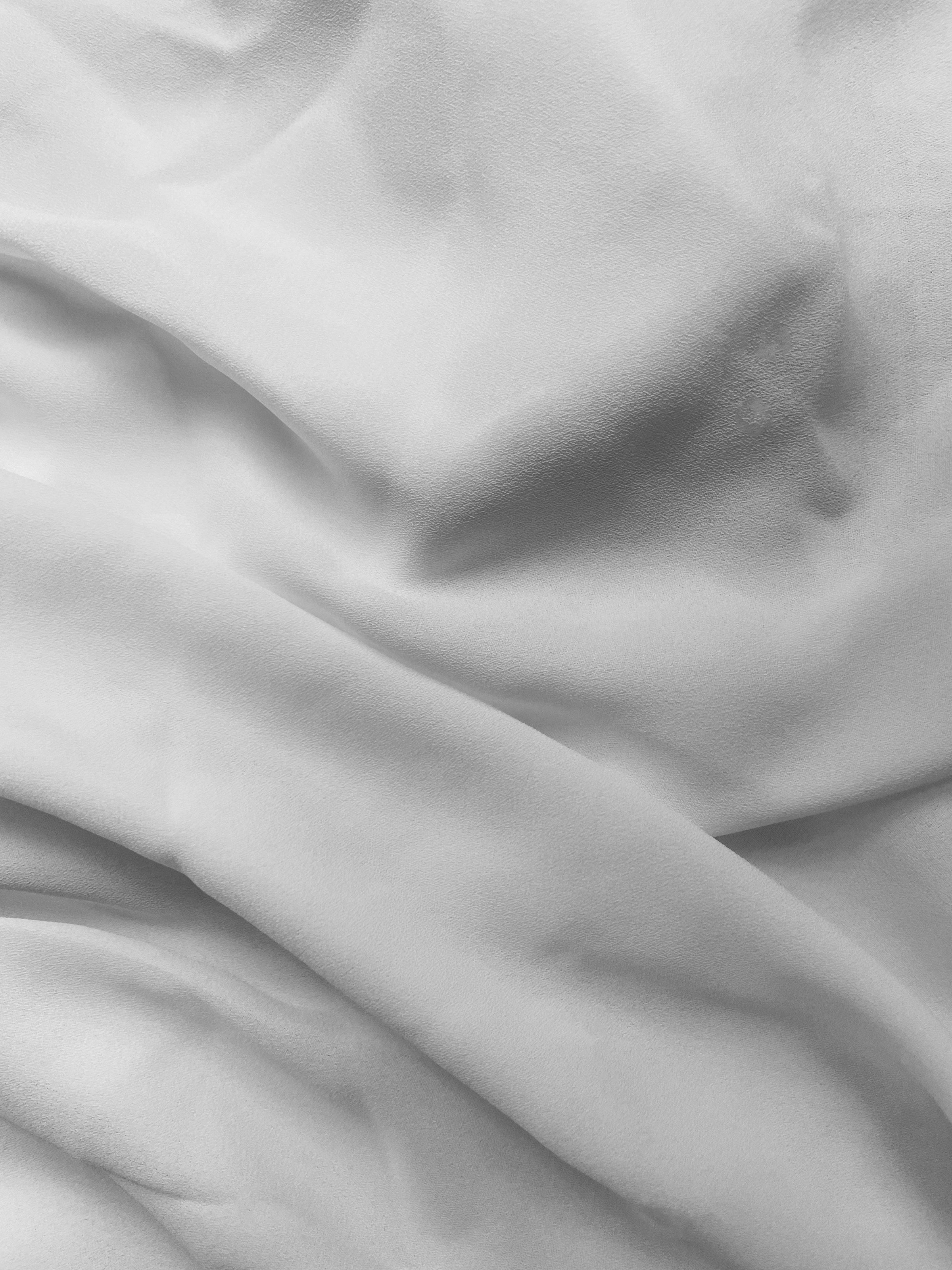
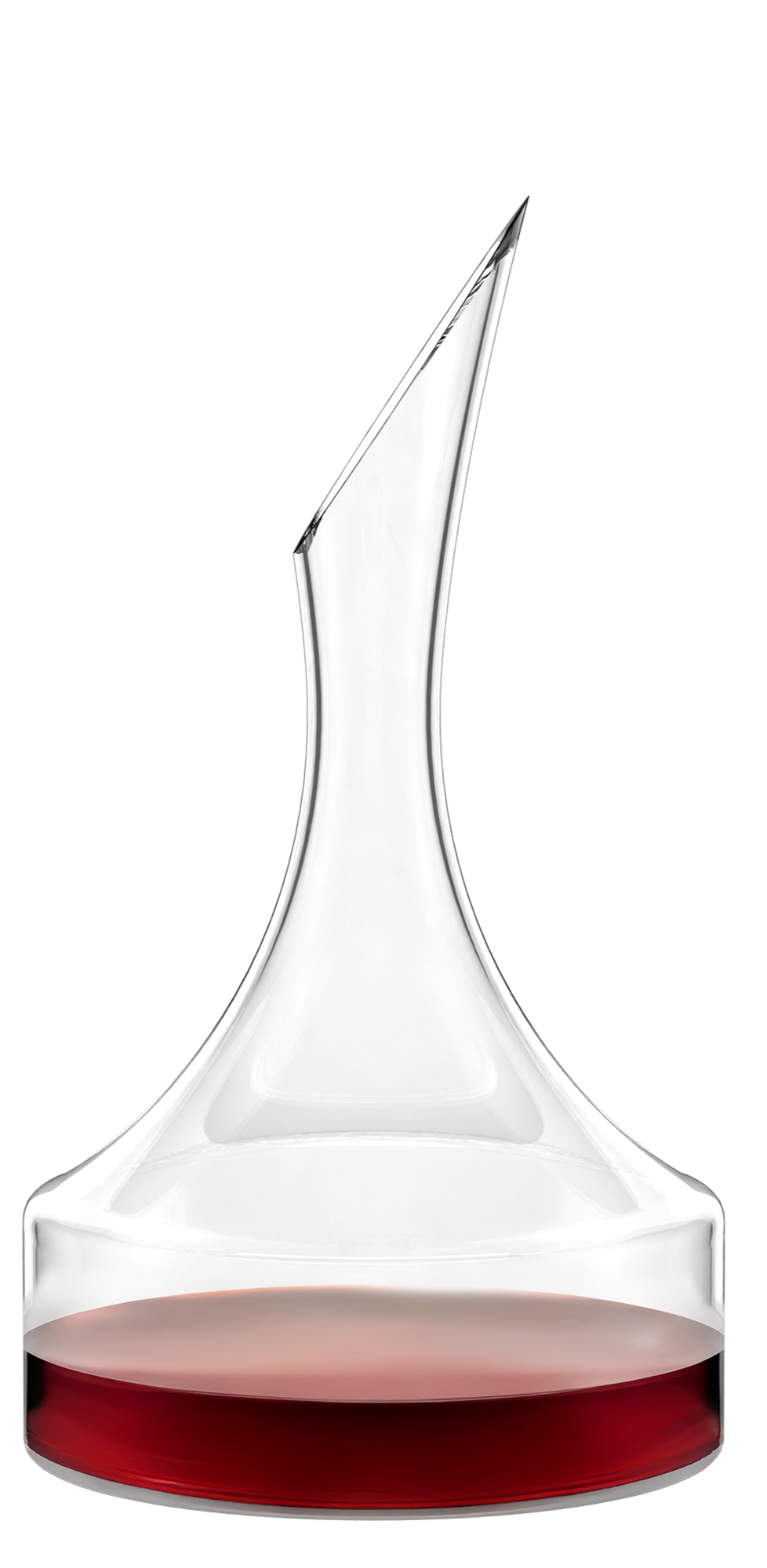
Cleaning of decanters
Also Decanter need special care. Most Stölzle Lausitz Decanter Should only be cleaned by hand, unless different care instructions are given on the product pages.
Clean that Decanter Immediately after use with clear water to remove wine residues. Pay special attention to Red Wine, Since the acid can attack the glass if residues are too long in Decanter remain. Fill the Decanter Then with warm water and leave it overnight. The next day, rinse it out again and fill it with about ½ liter distilled water. Swivel that Decanter Carefully and pour out the water. You can also use citric acid or vinegar for more thorough cleaning, but rinse thoroughly to avoid smells.
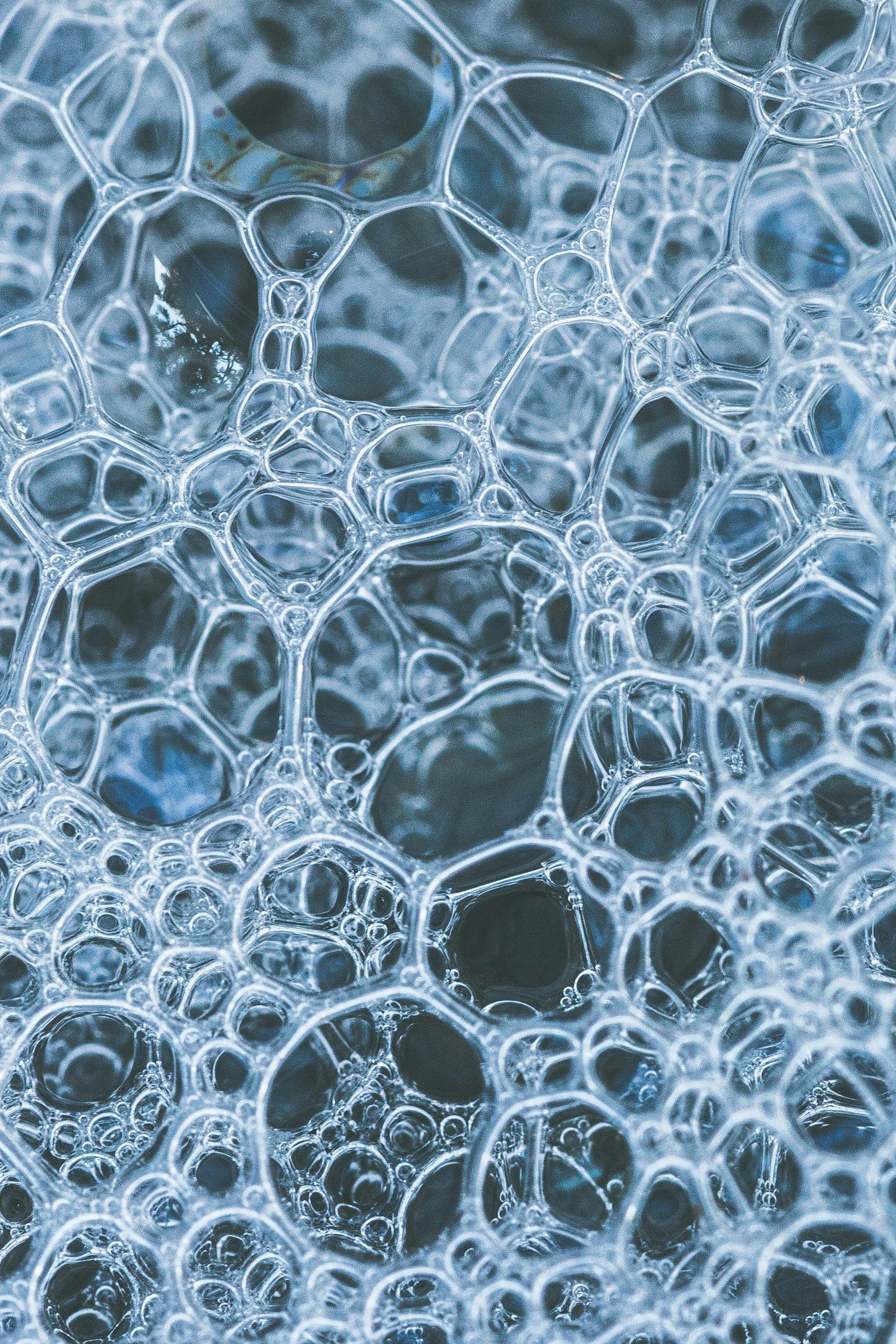
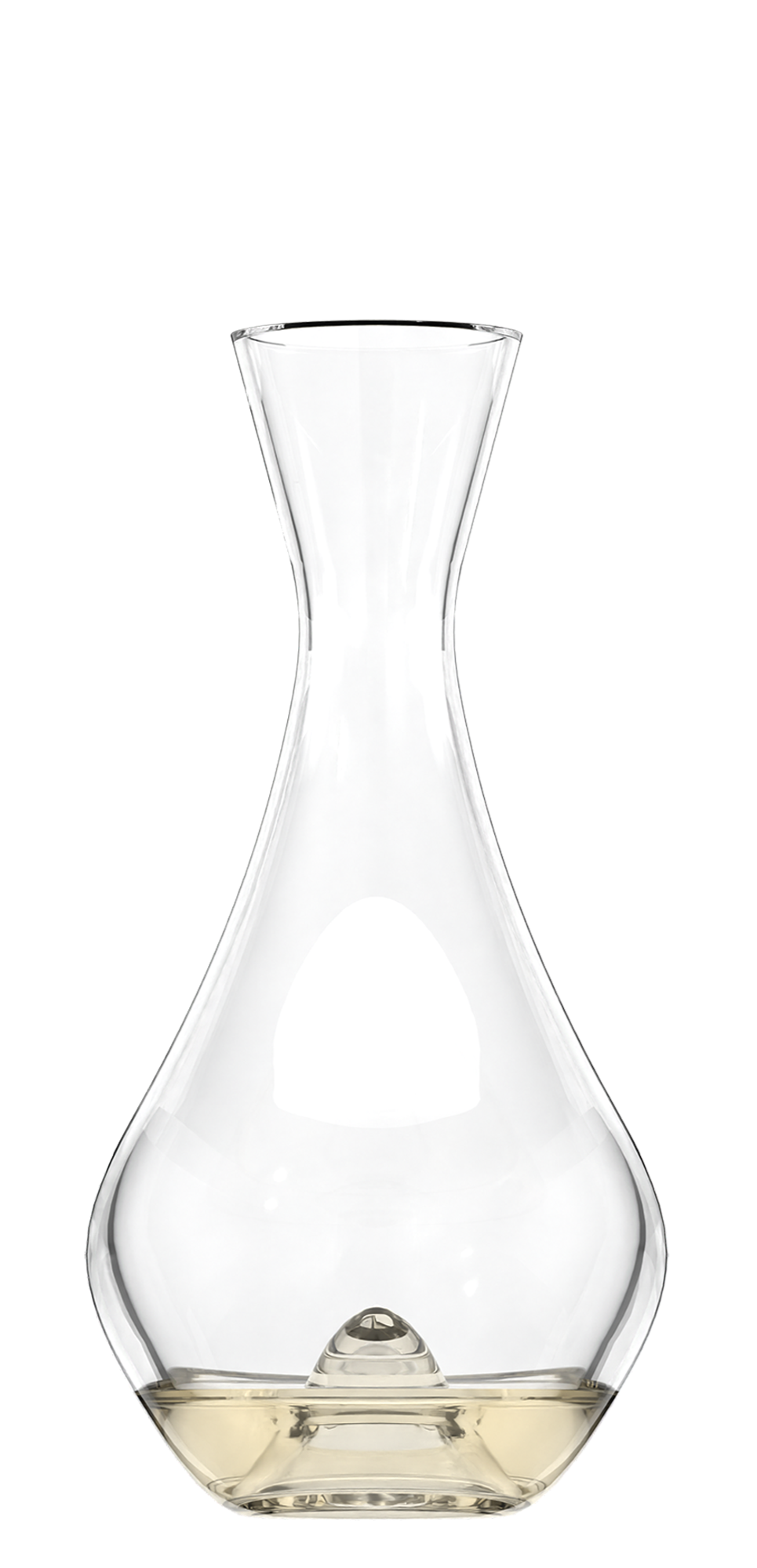
Gentle care without soap residues
Avoid detergent or soap because these are difficult to remove. Special cleaning tabs or cleaning beads can be used to remove stubborn stains.






